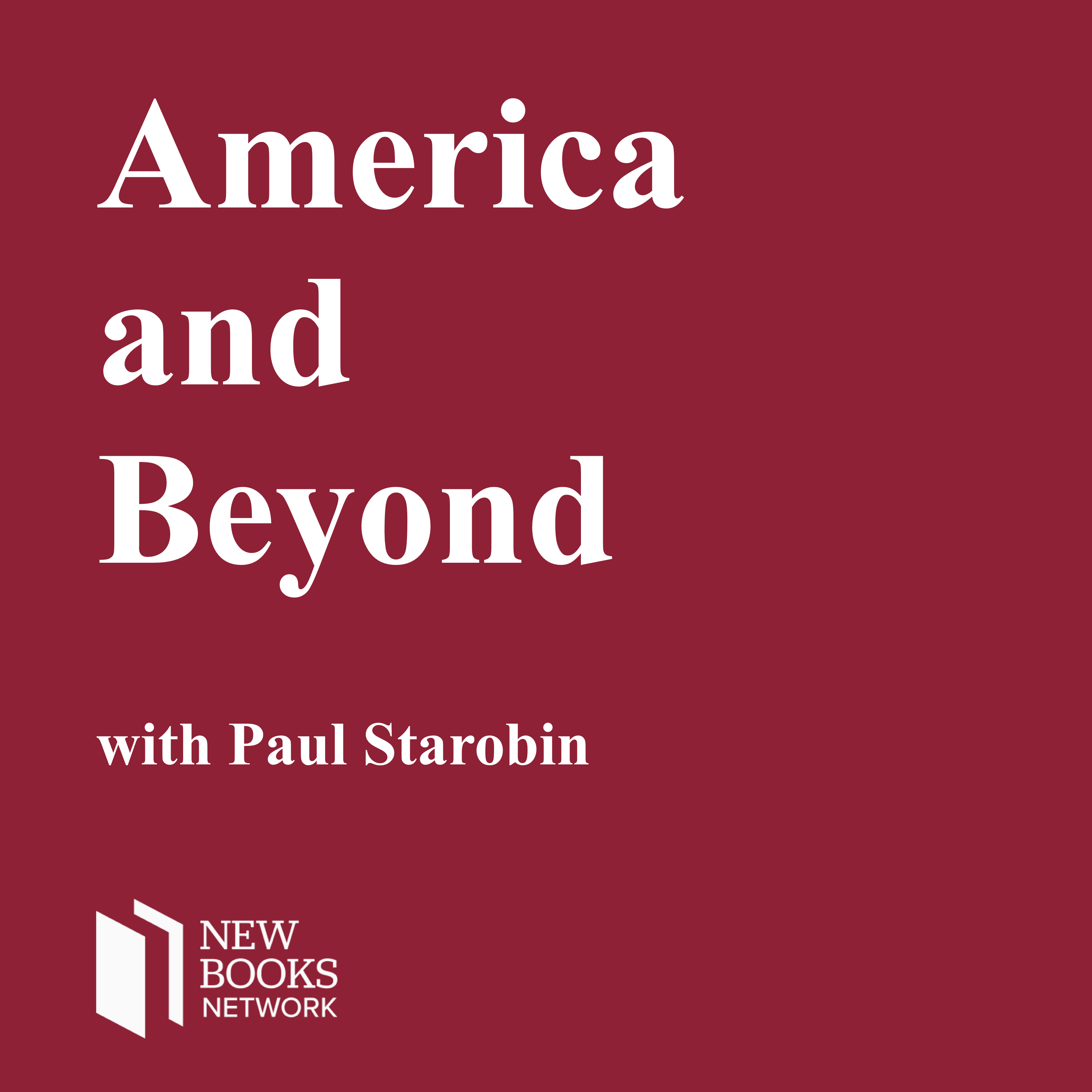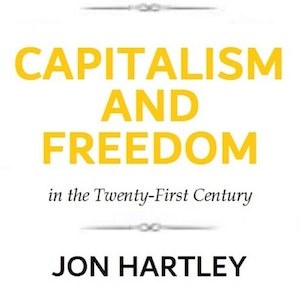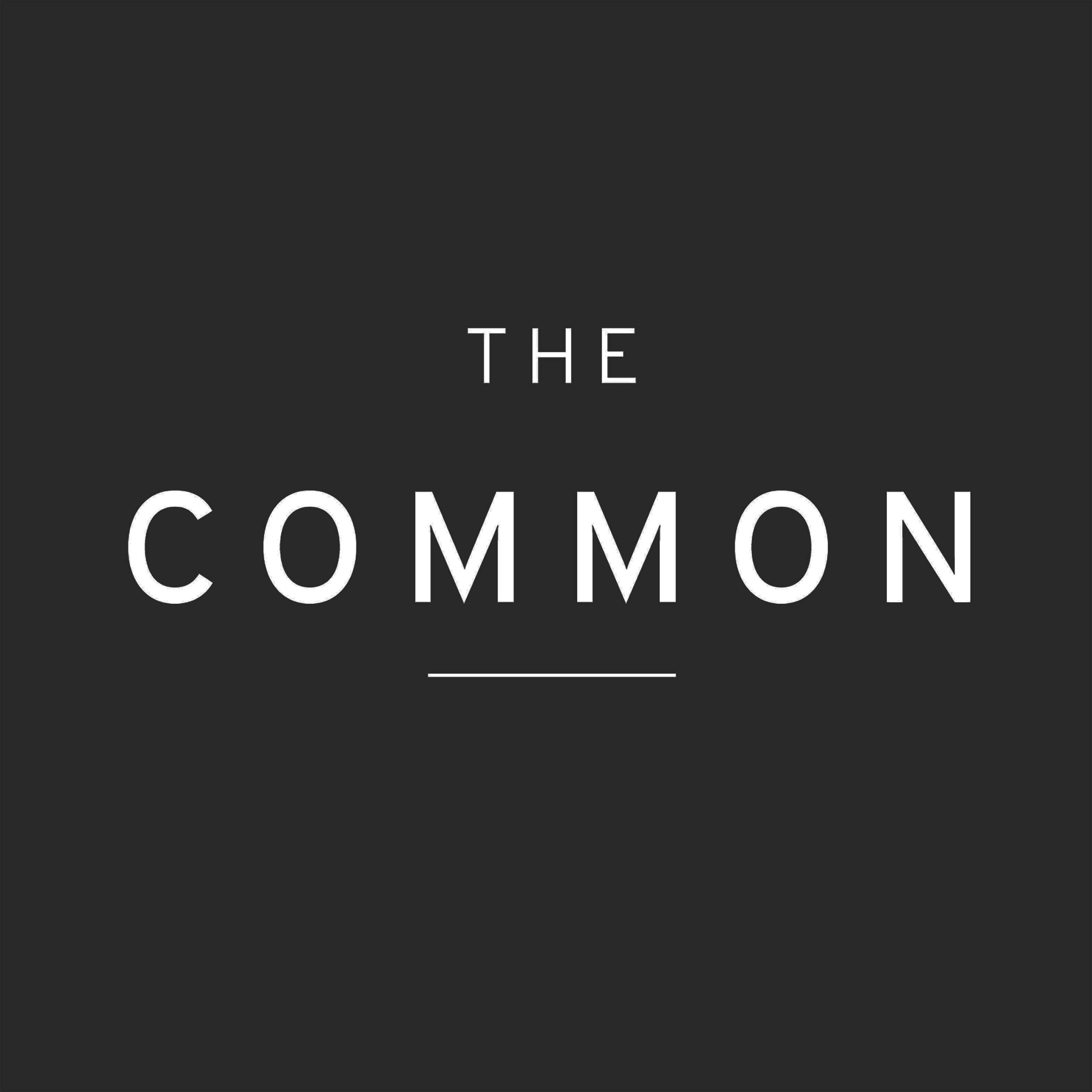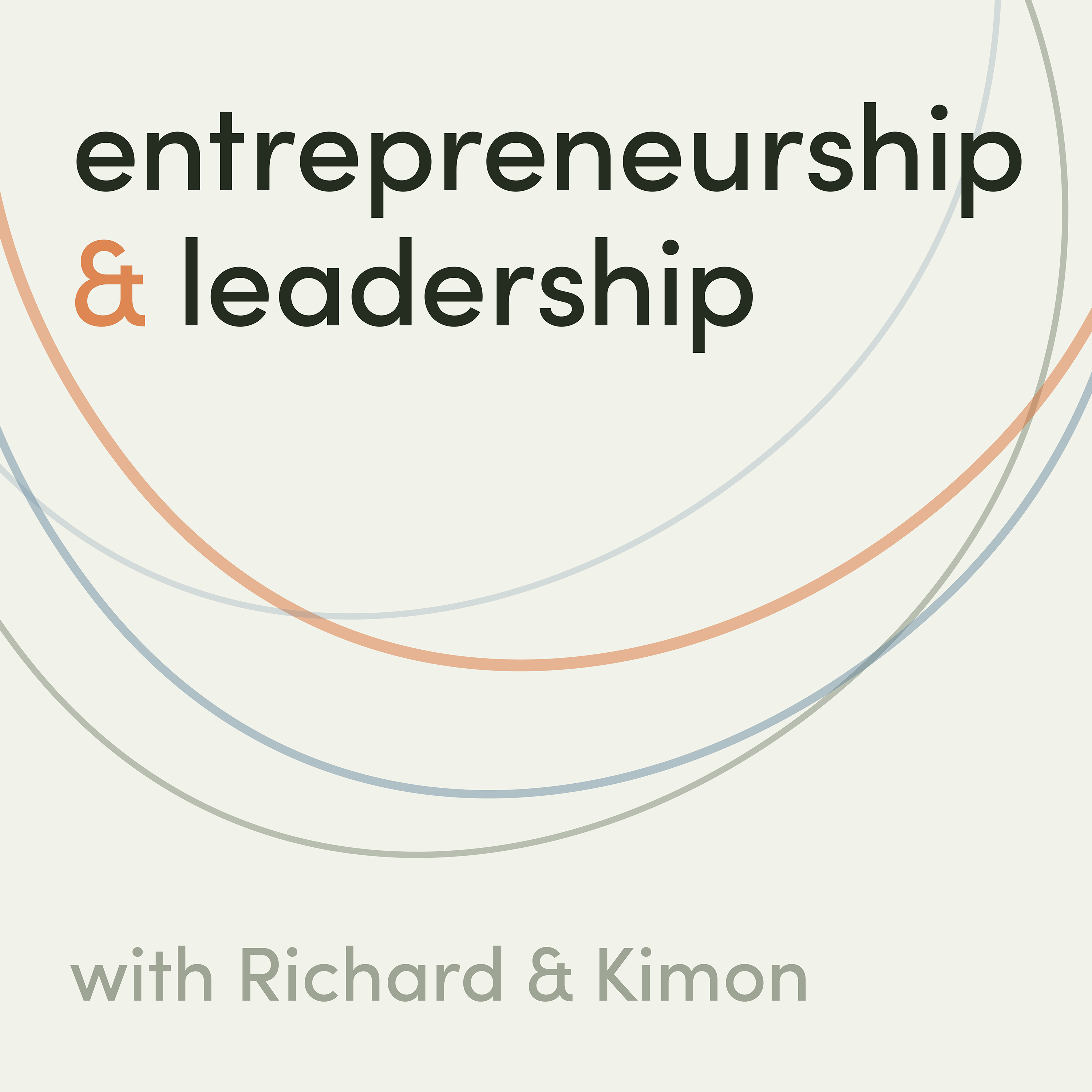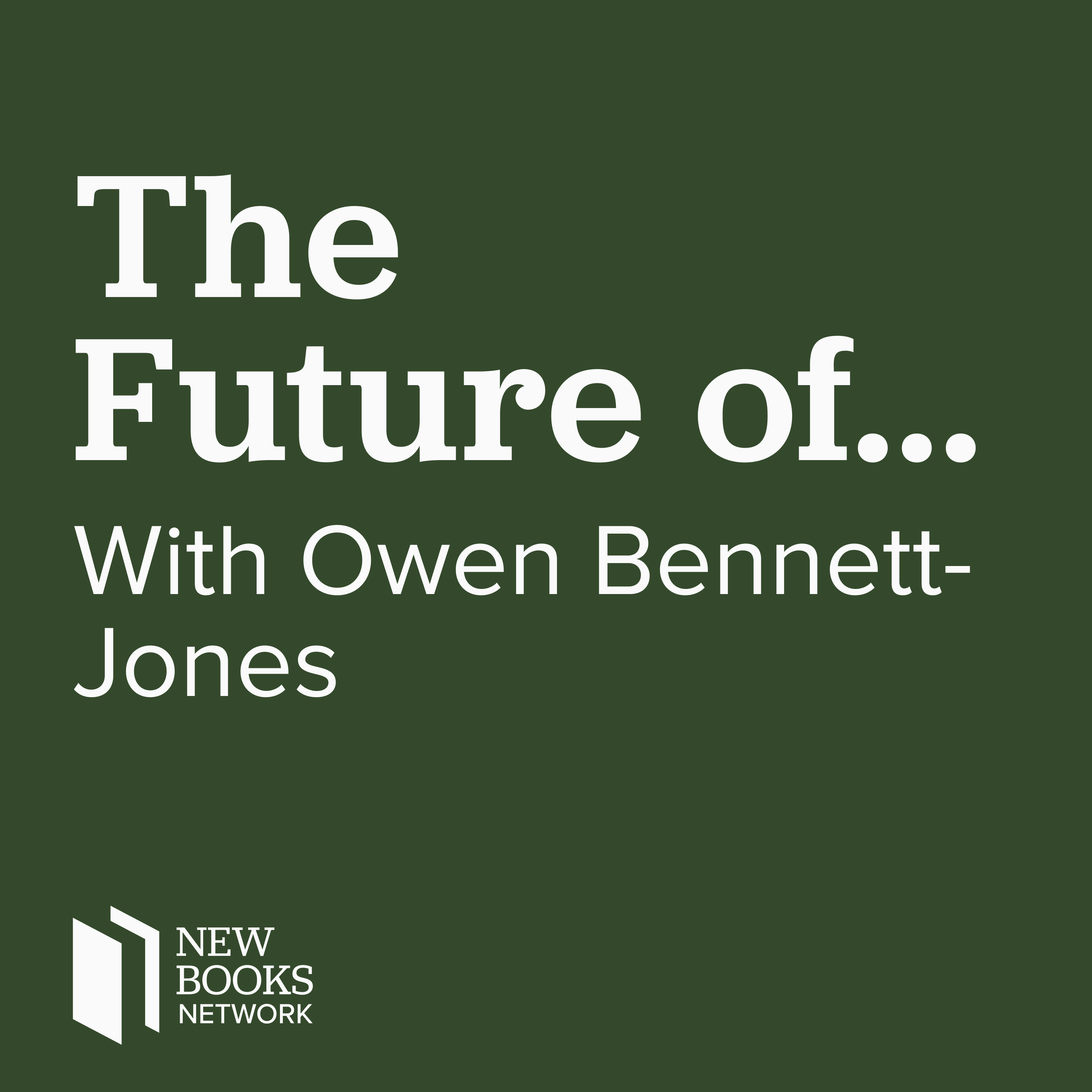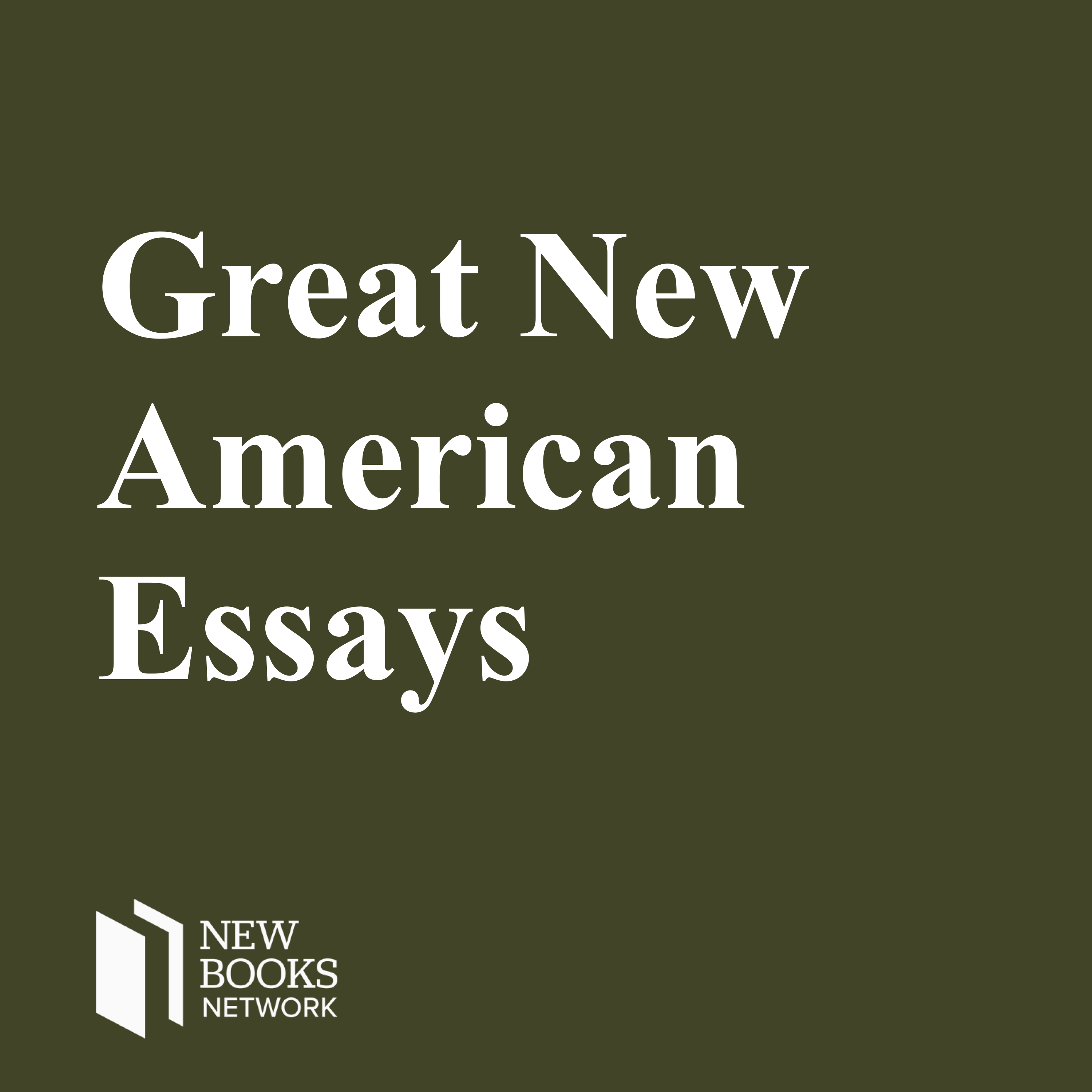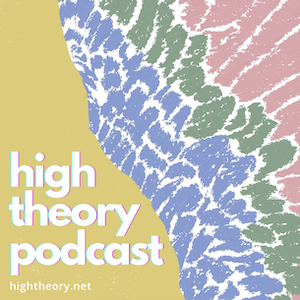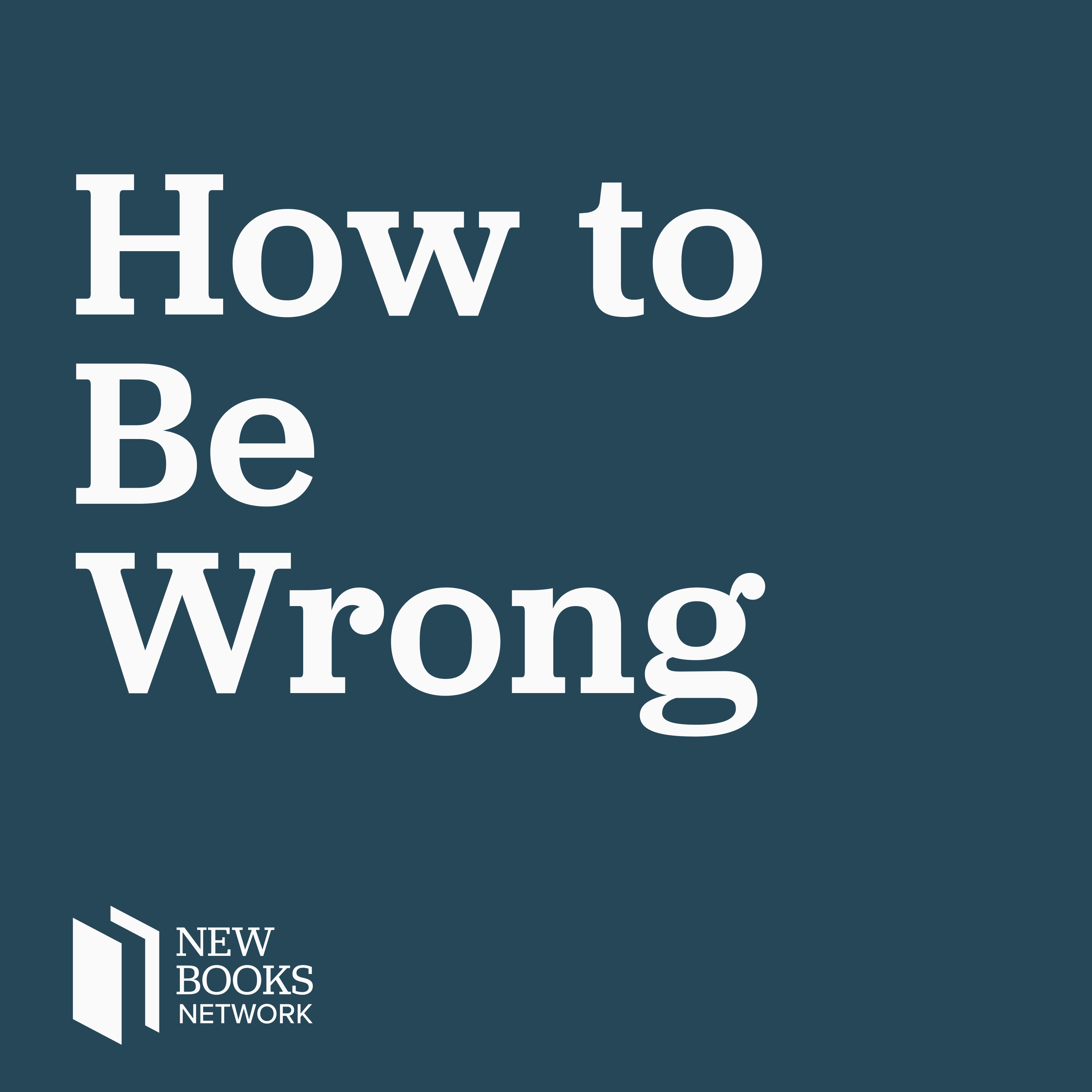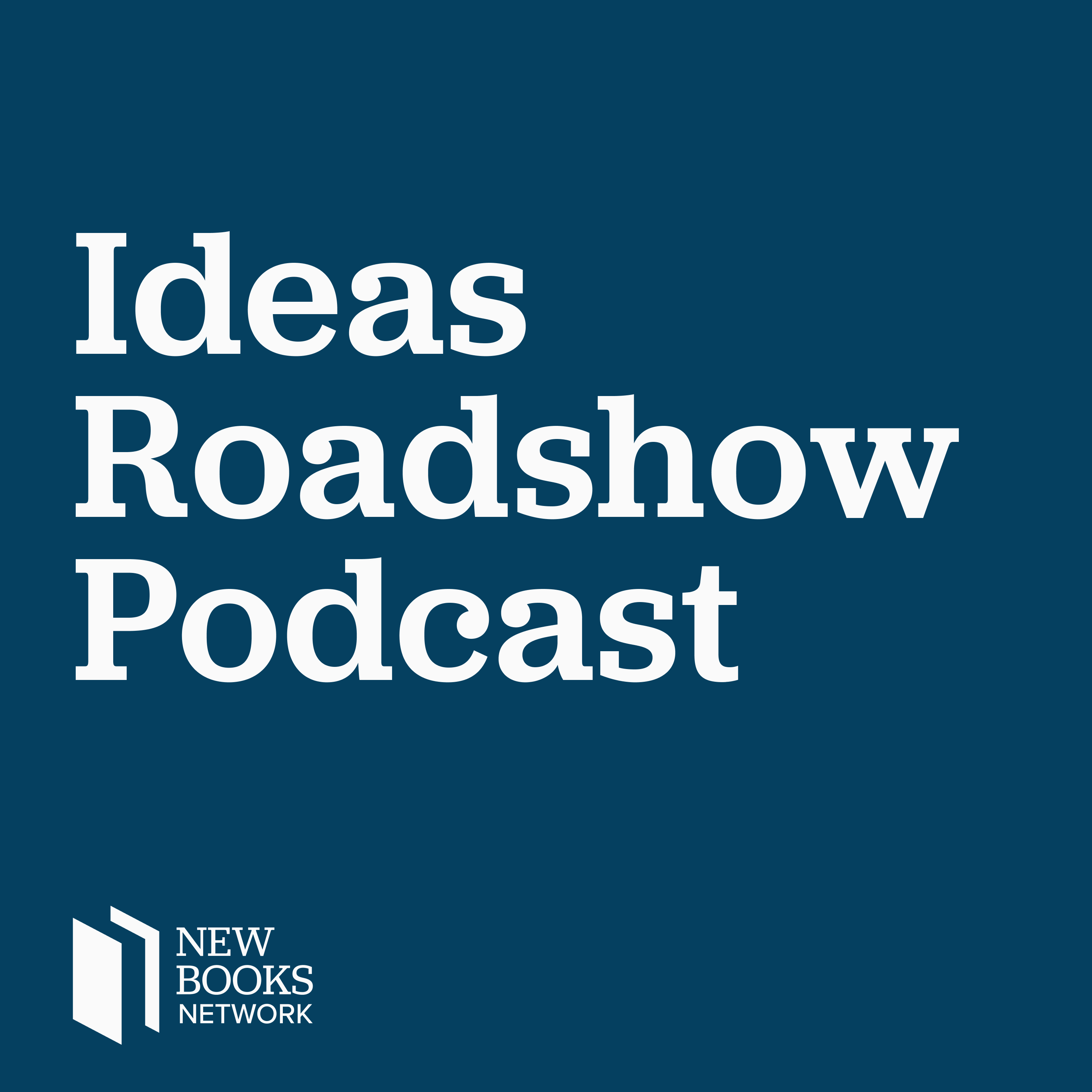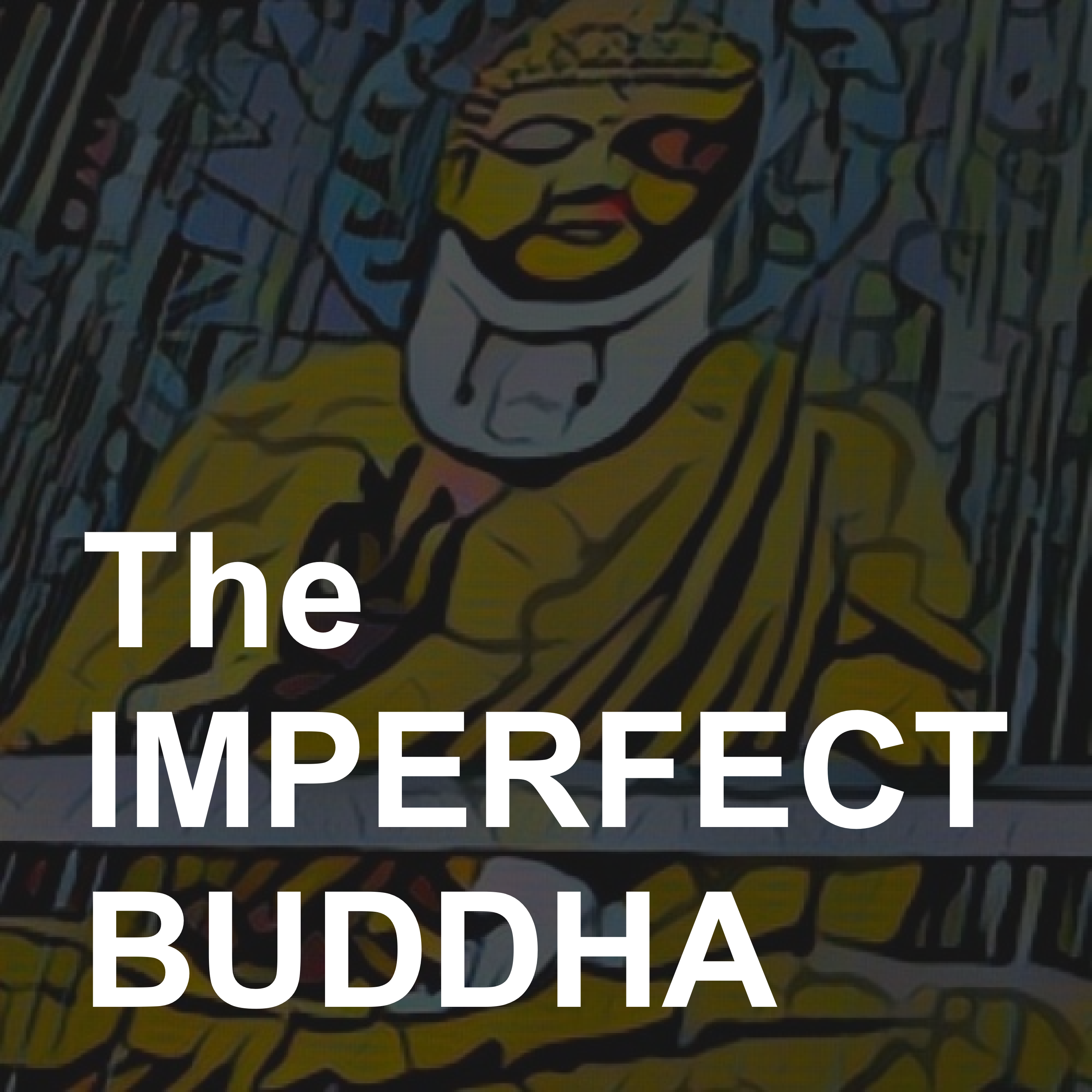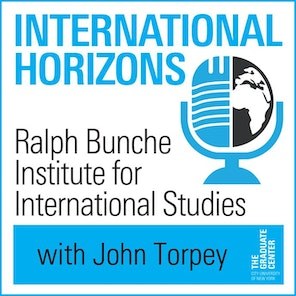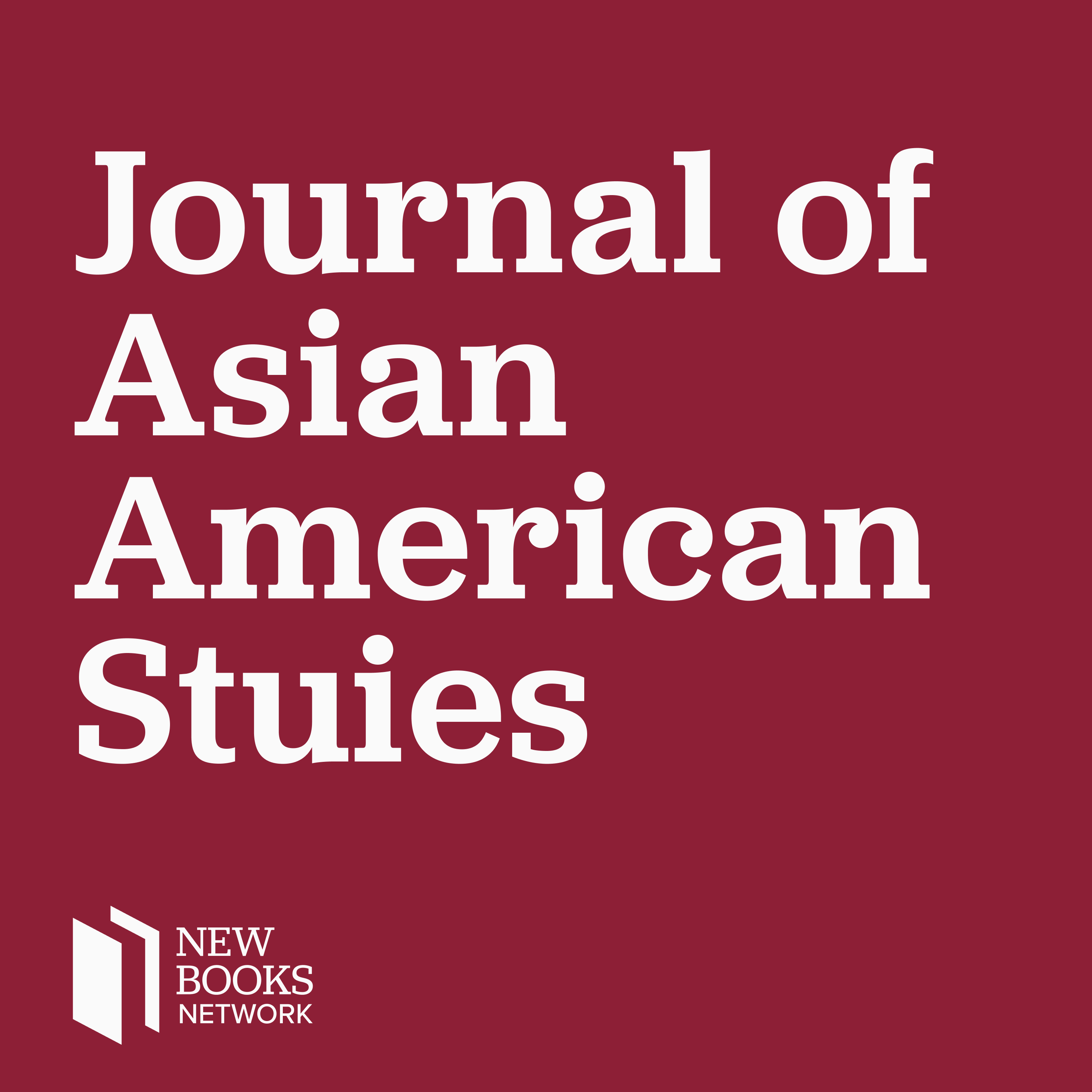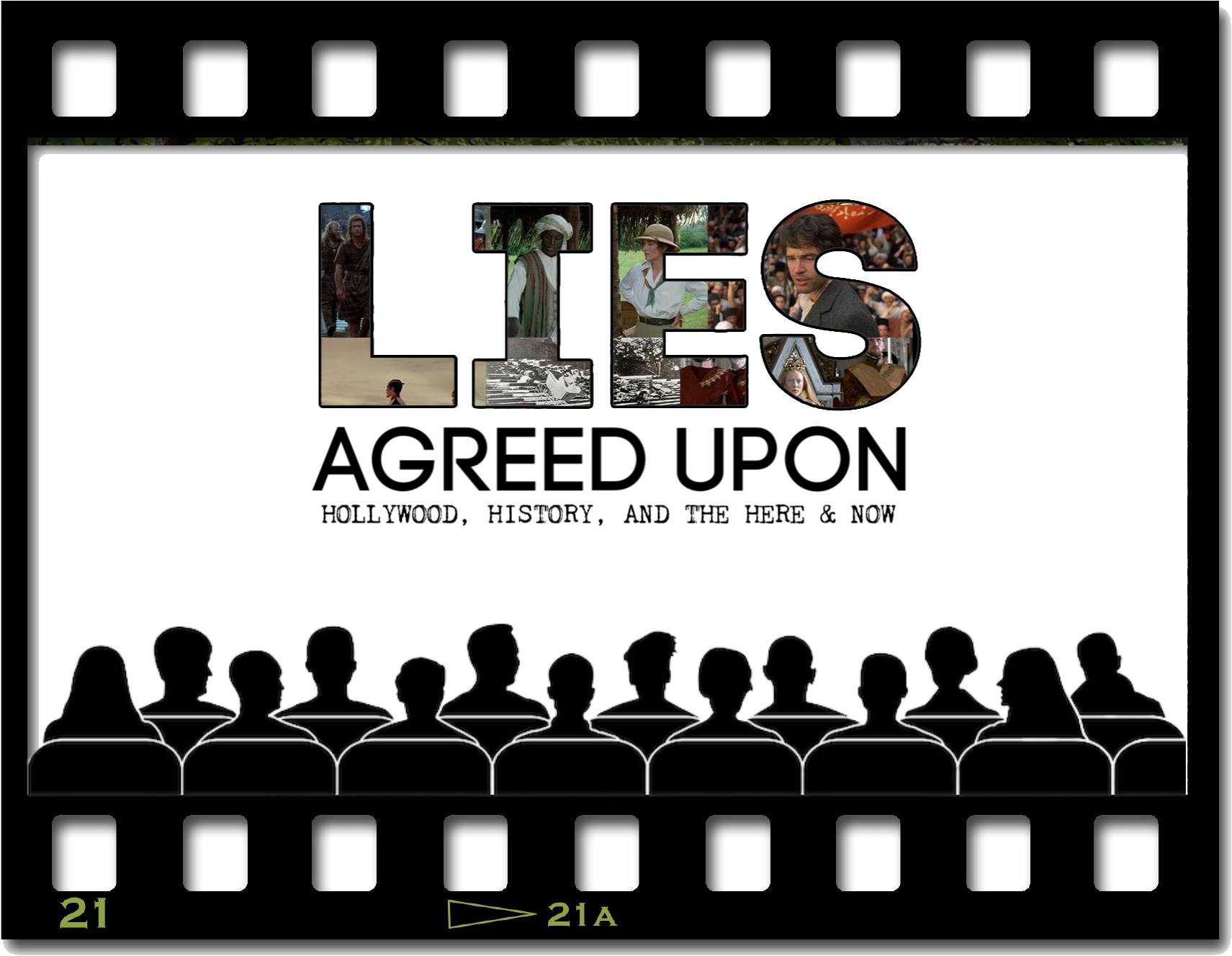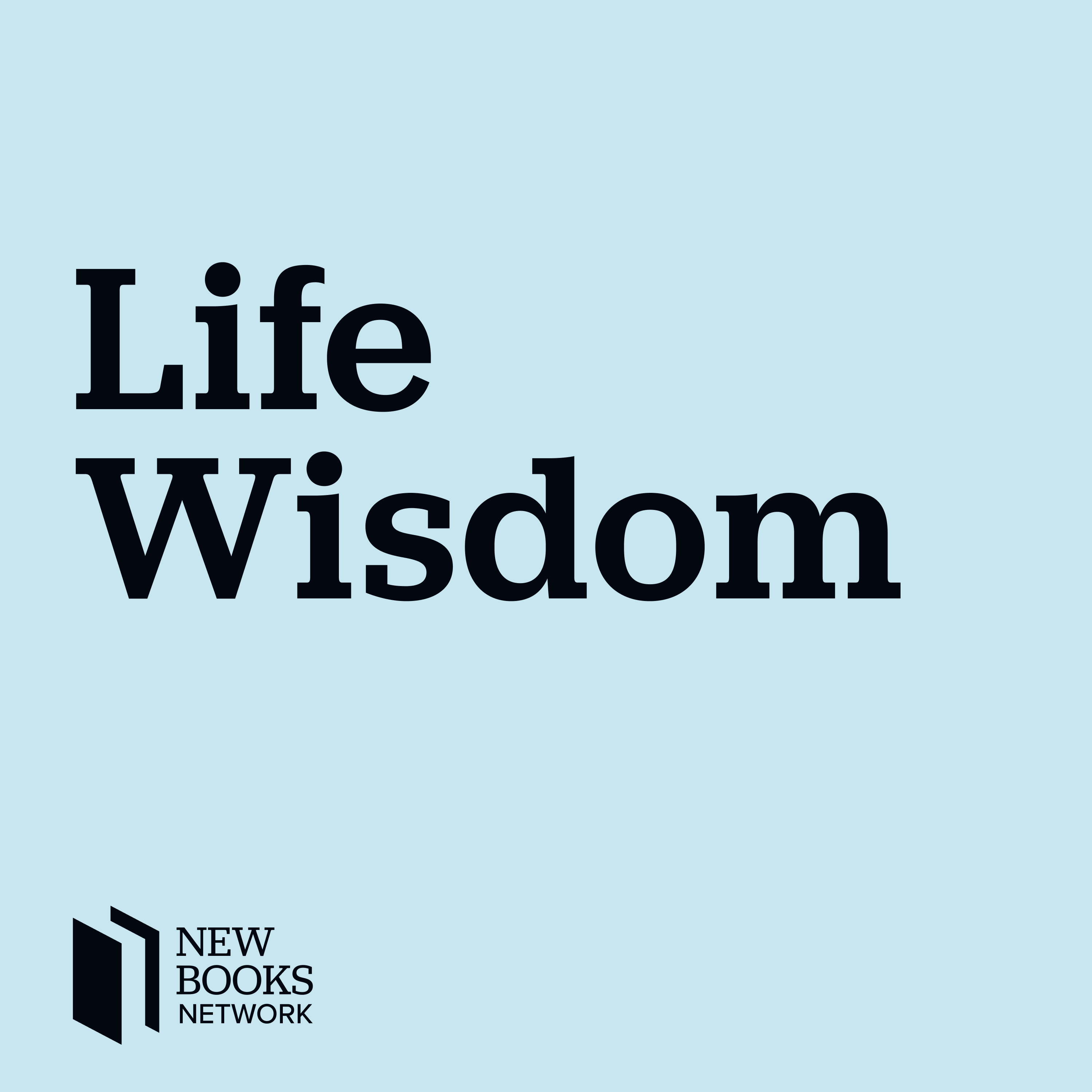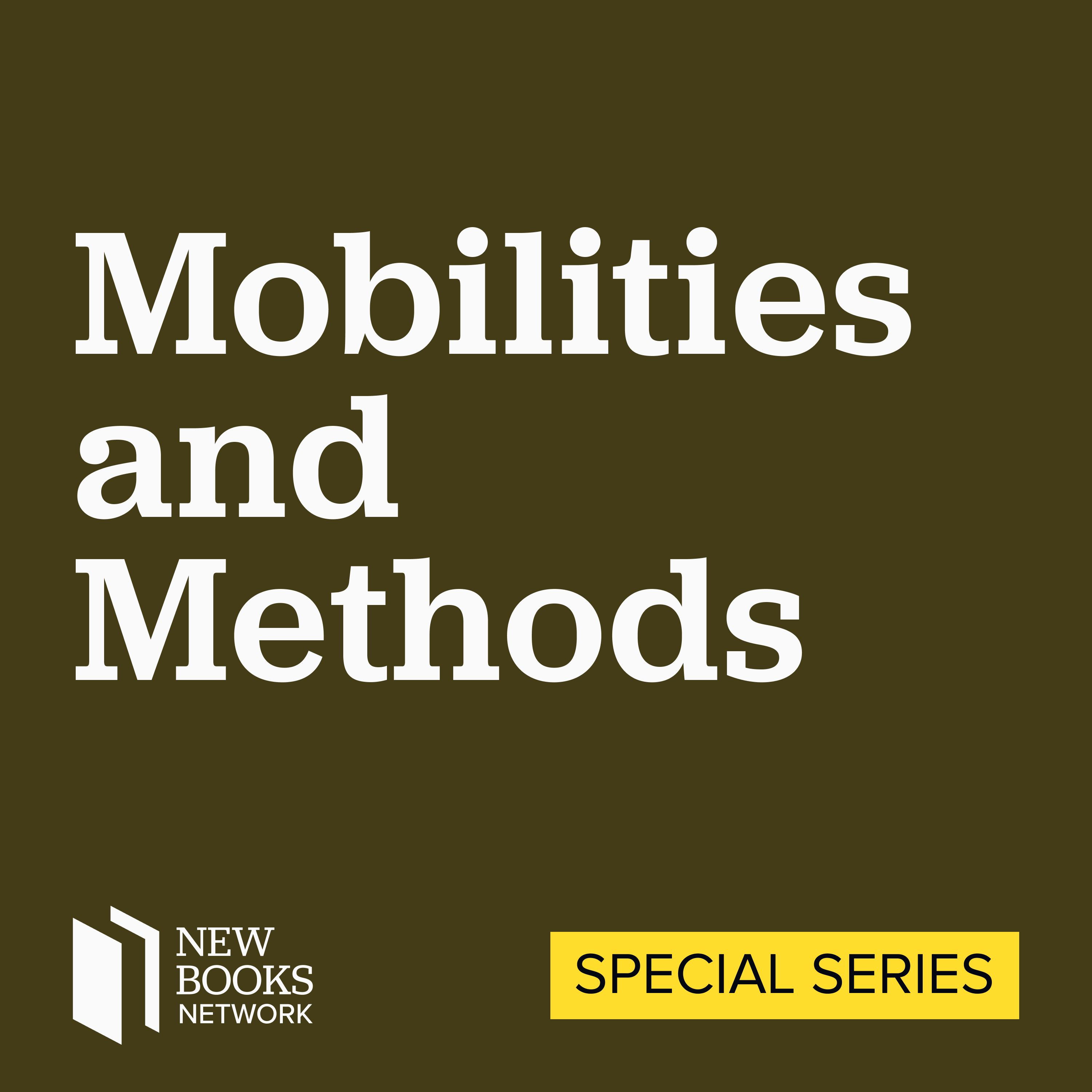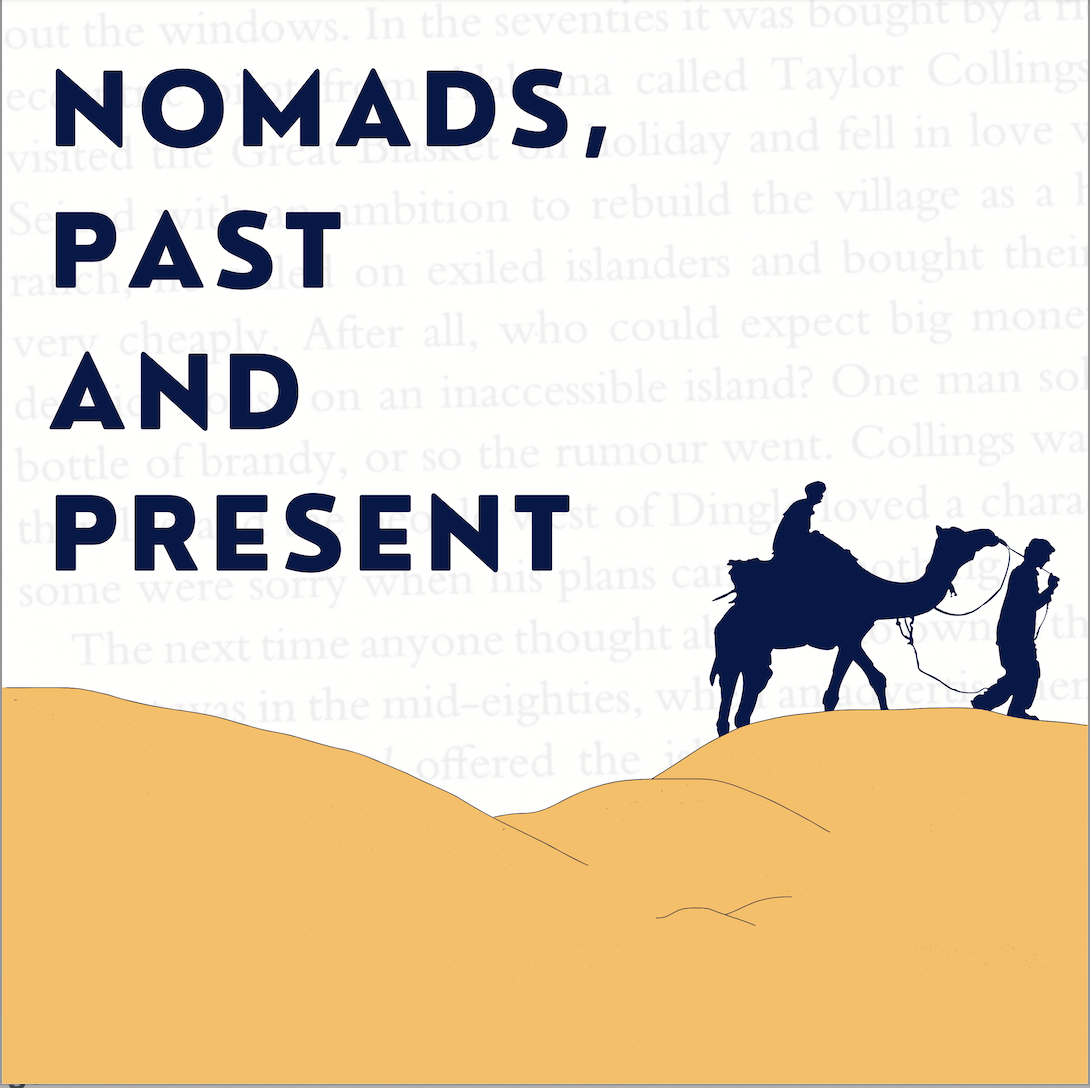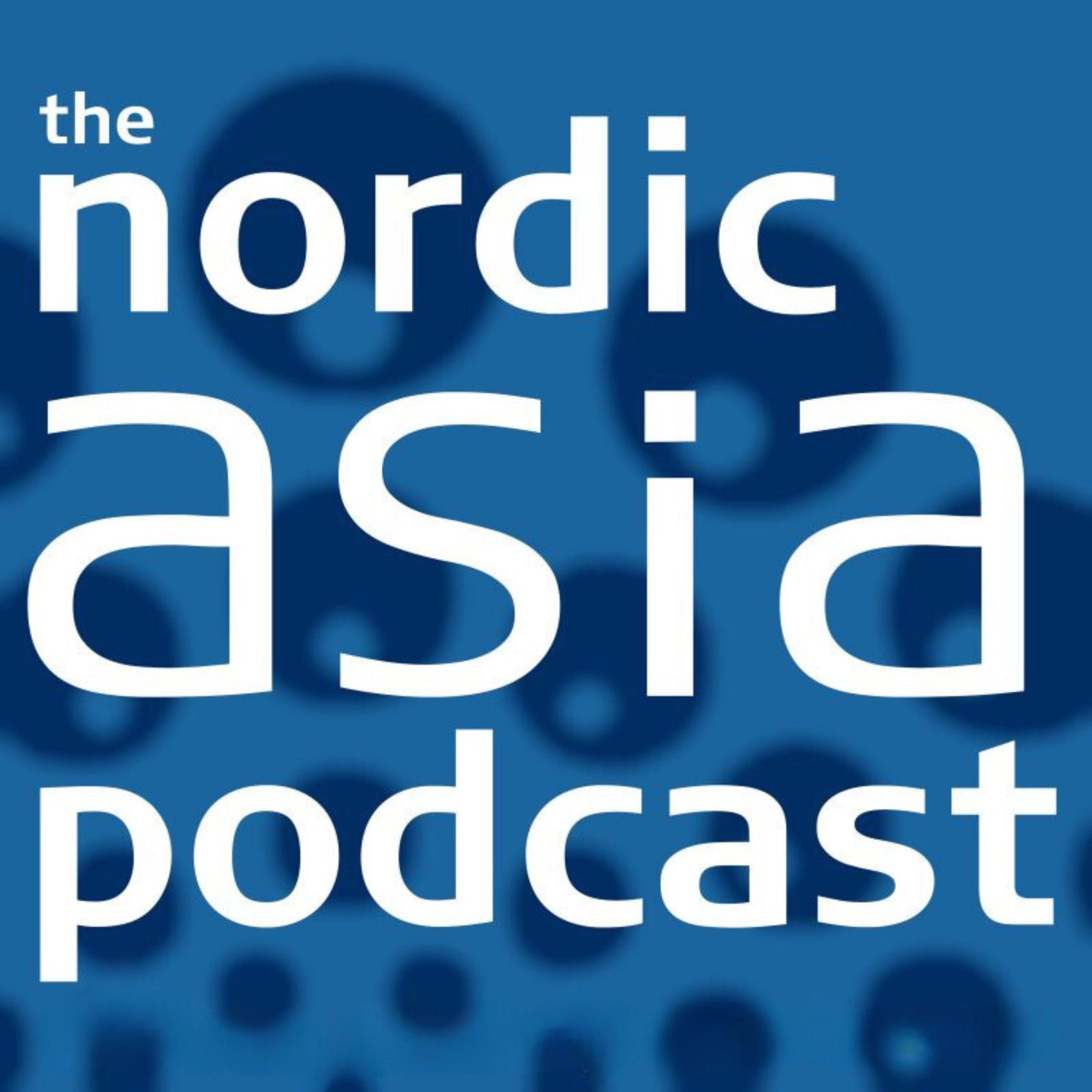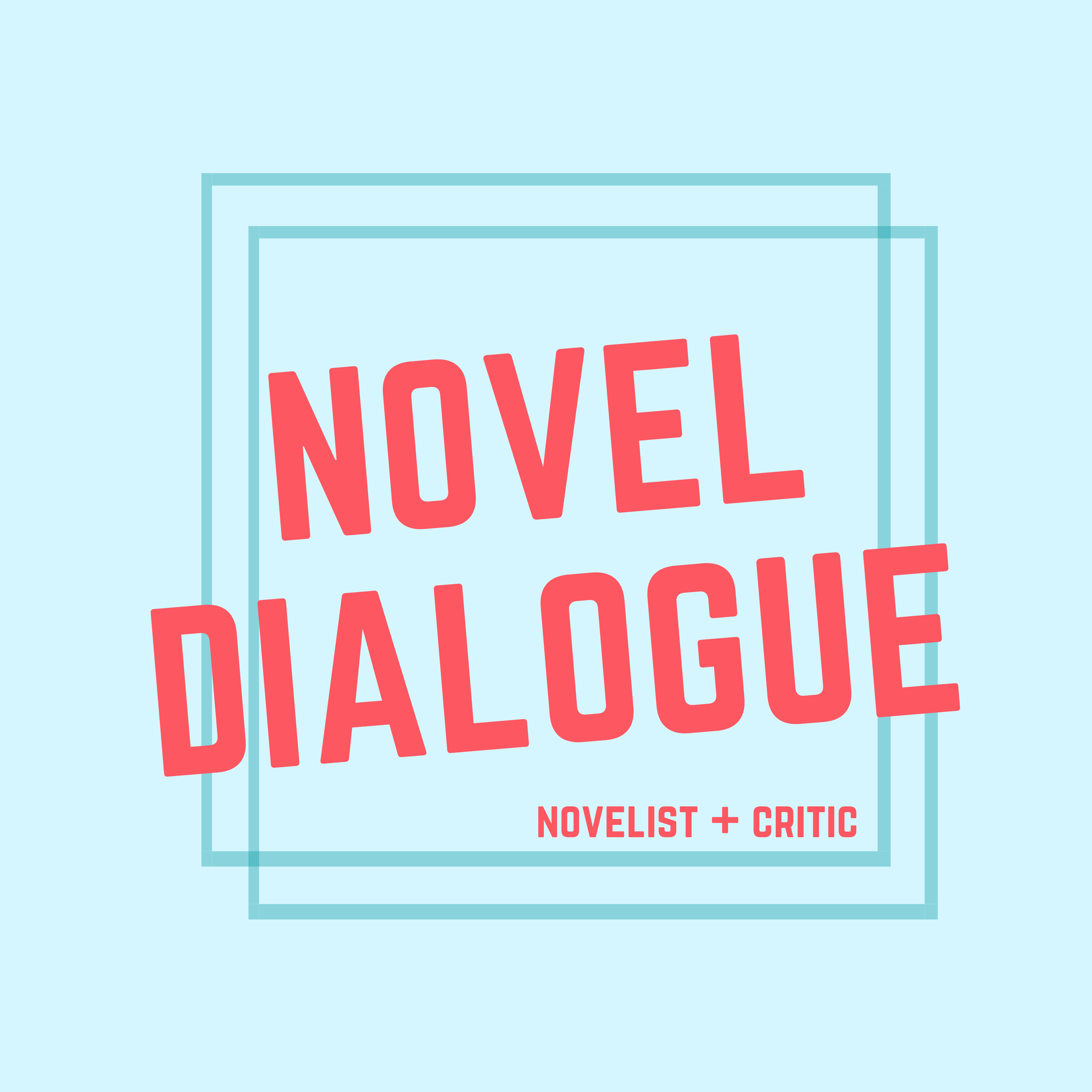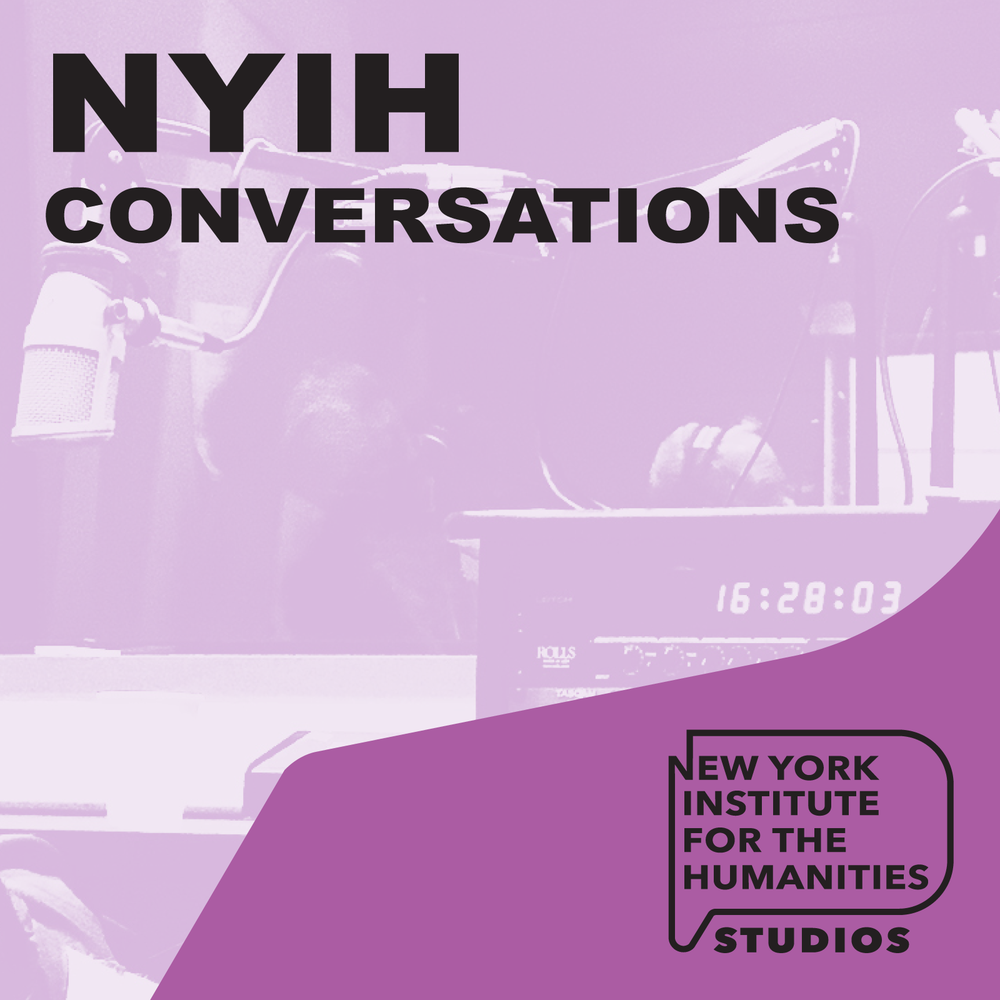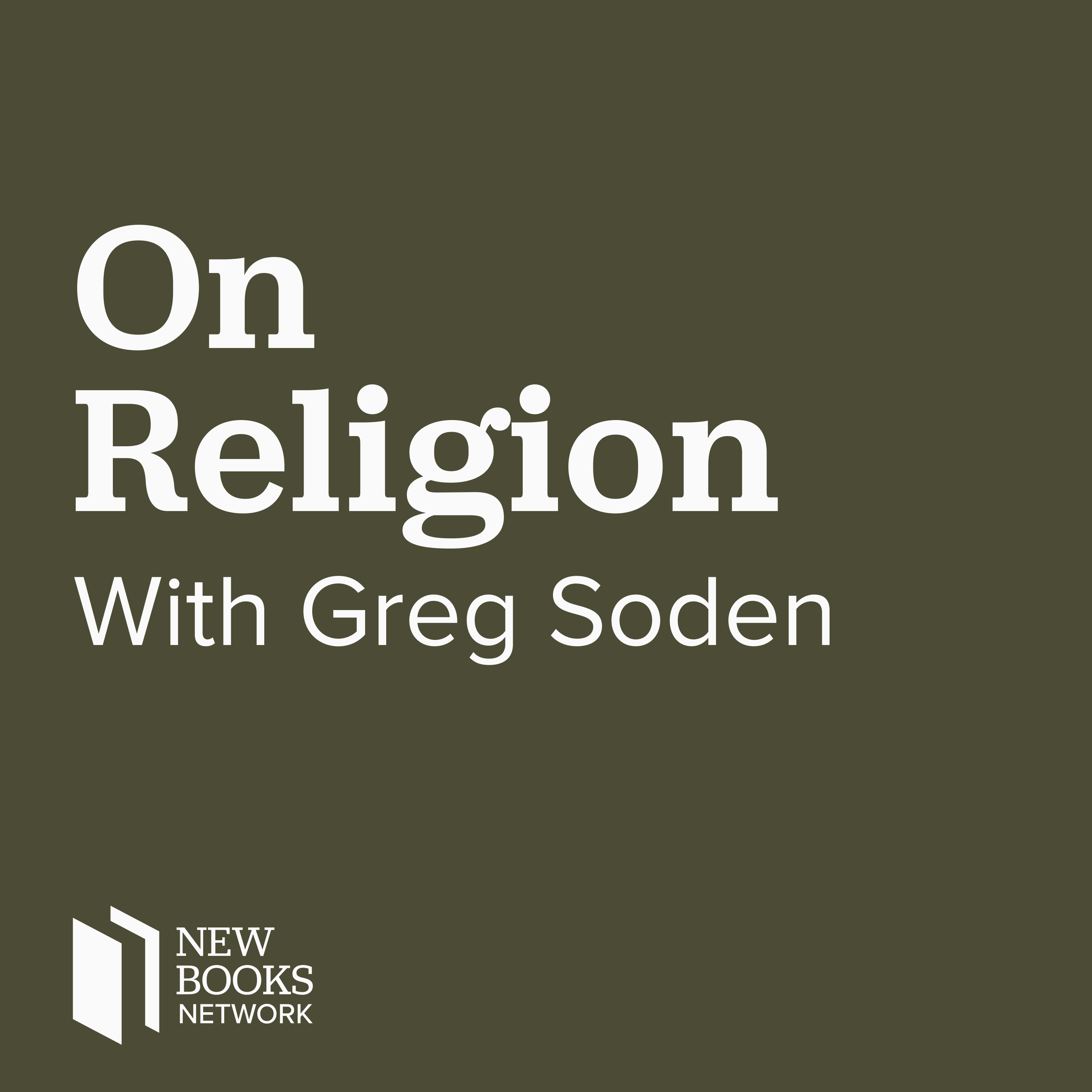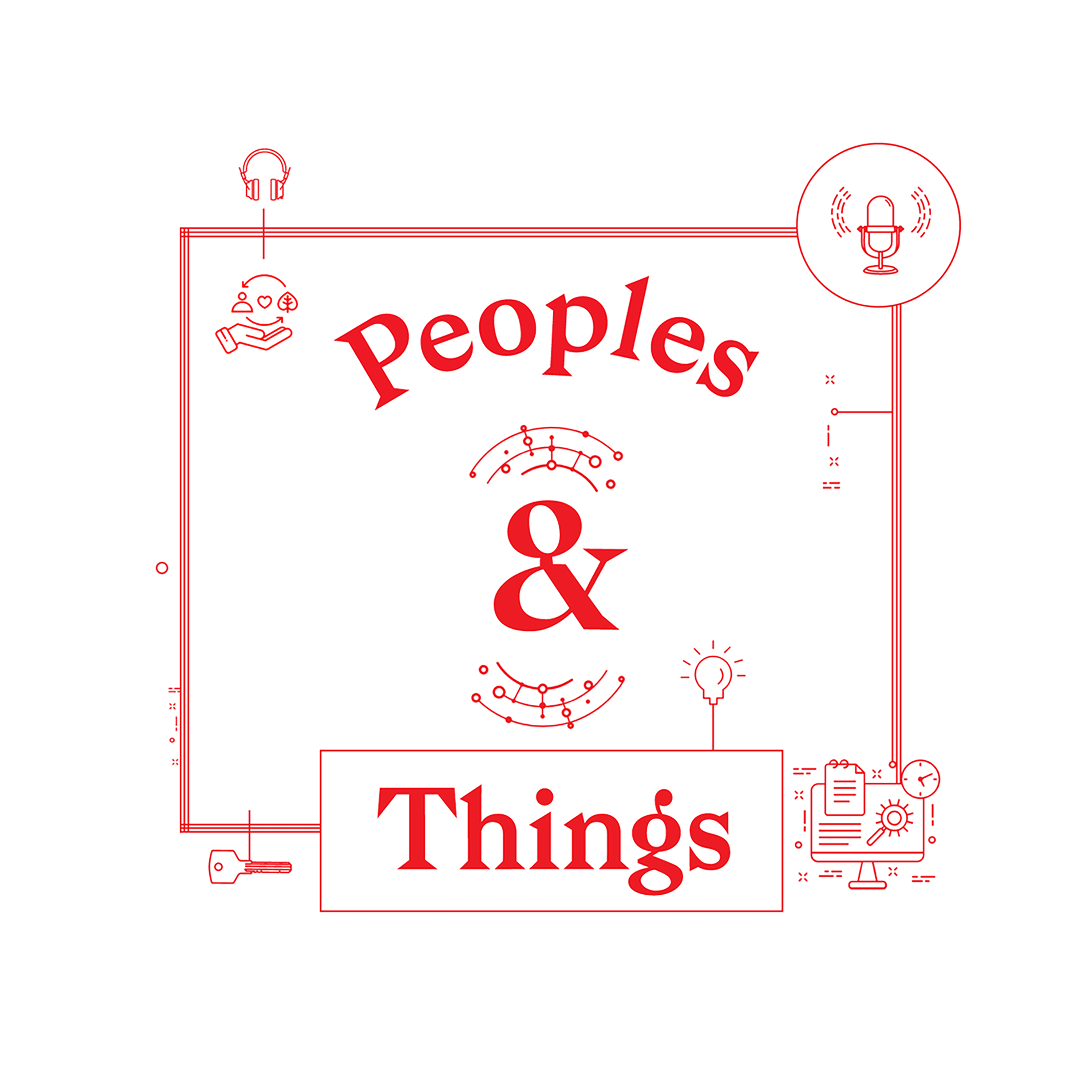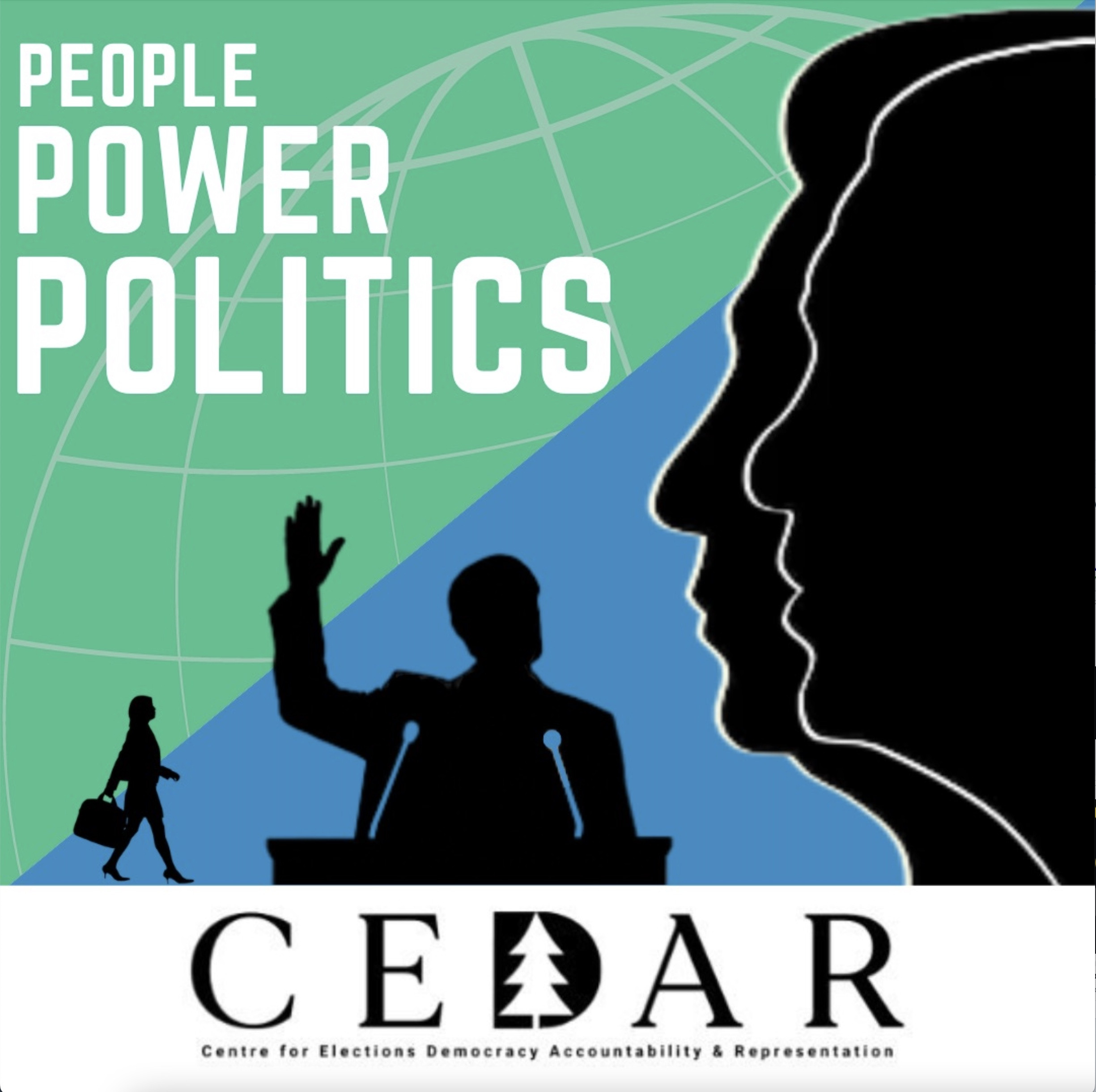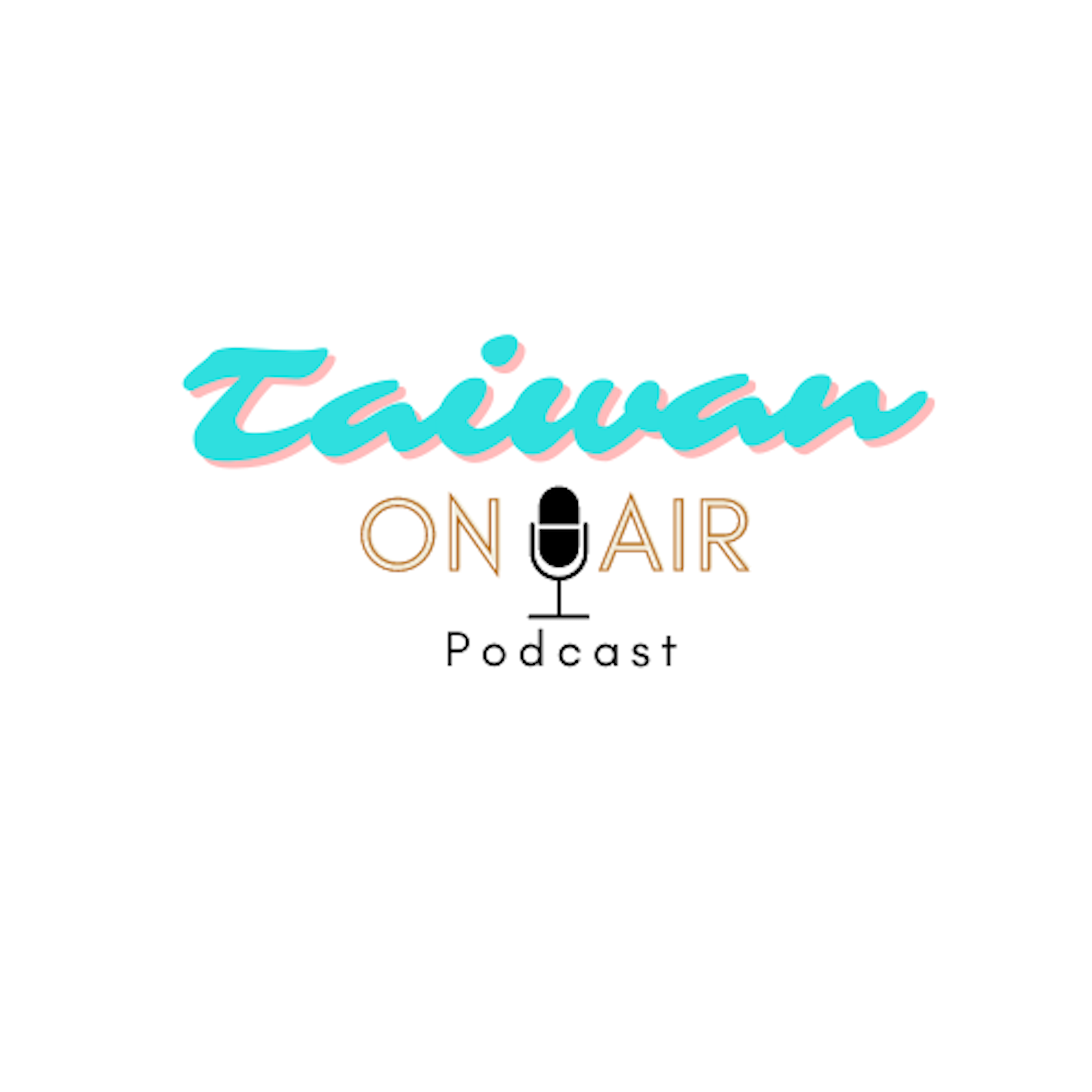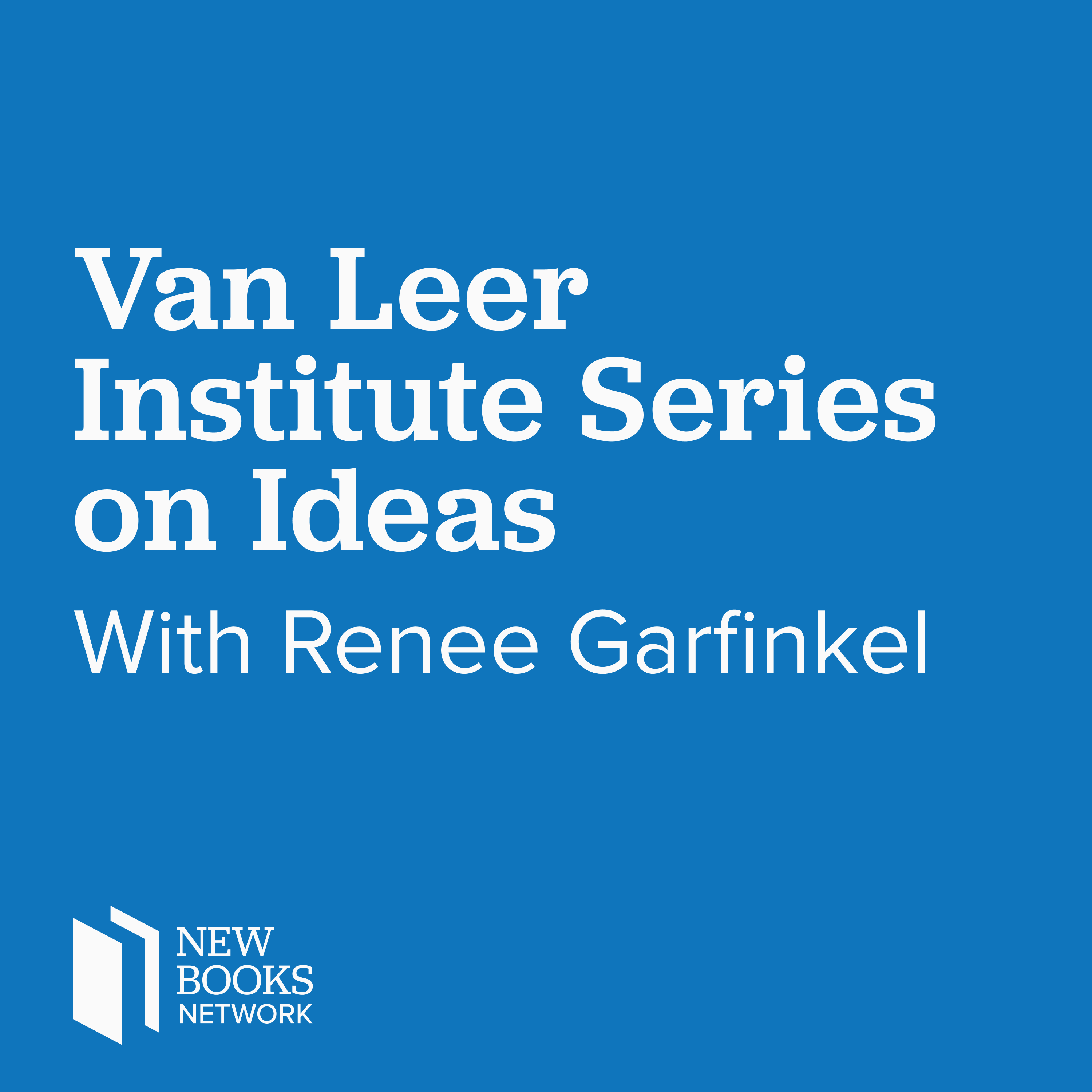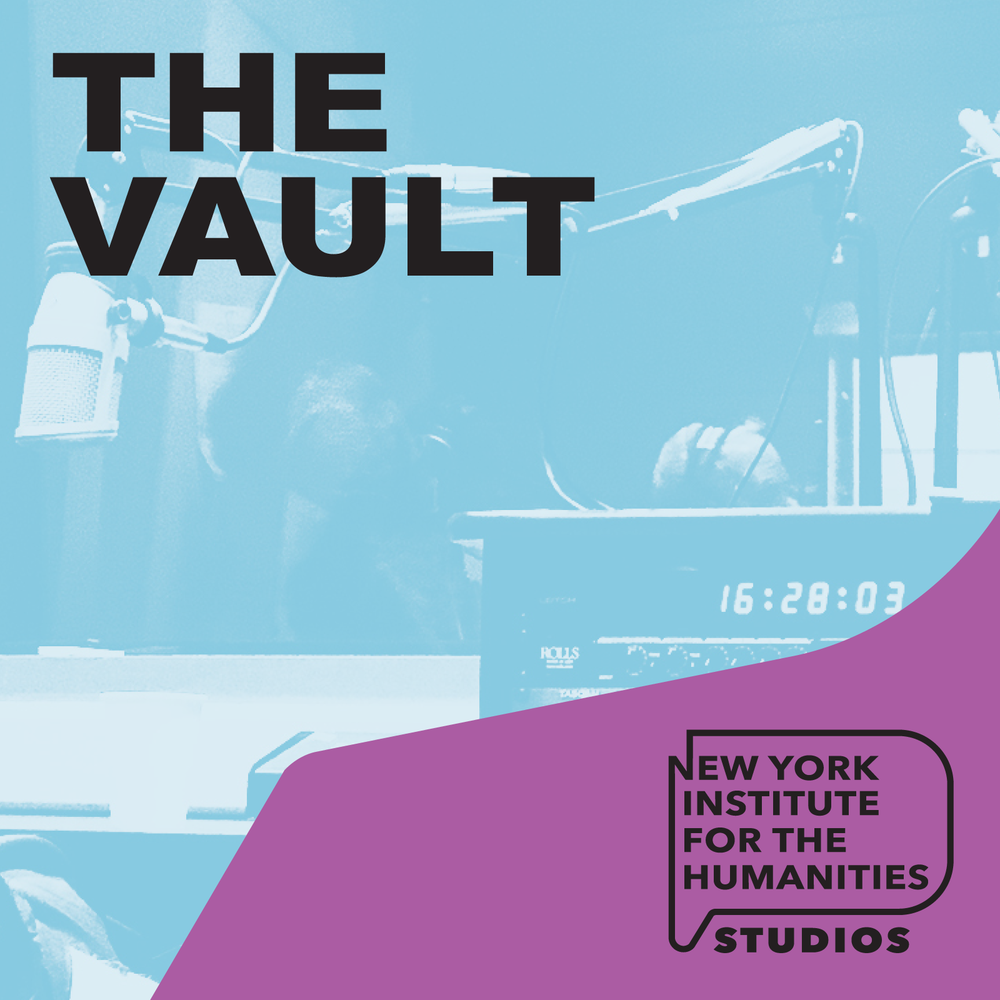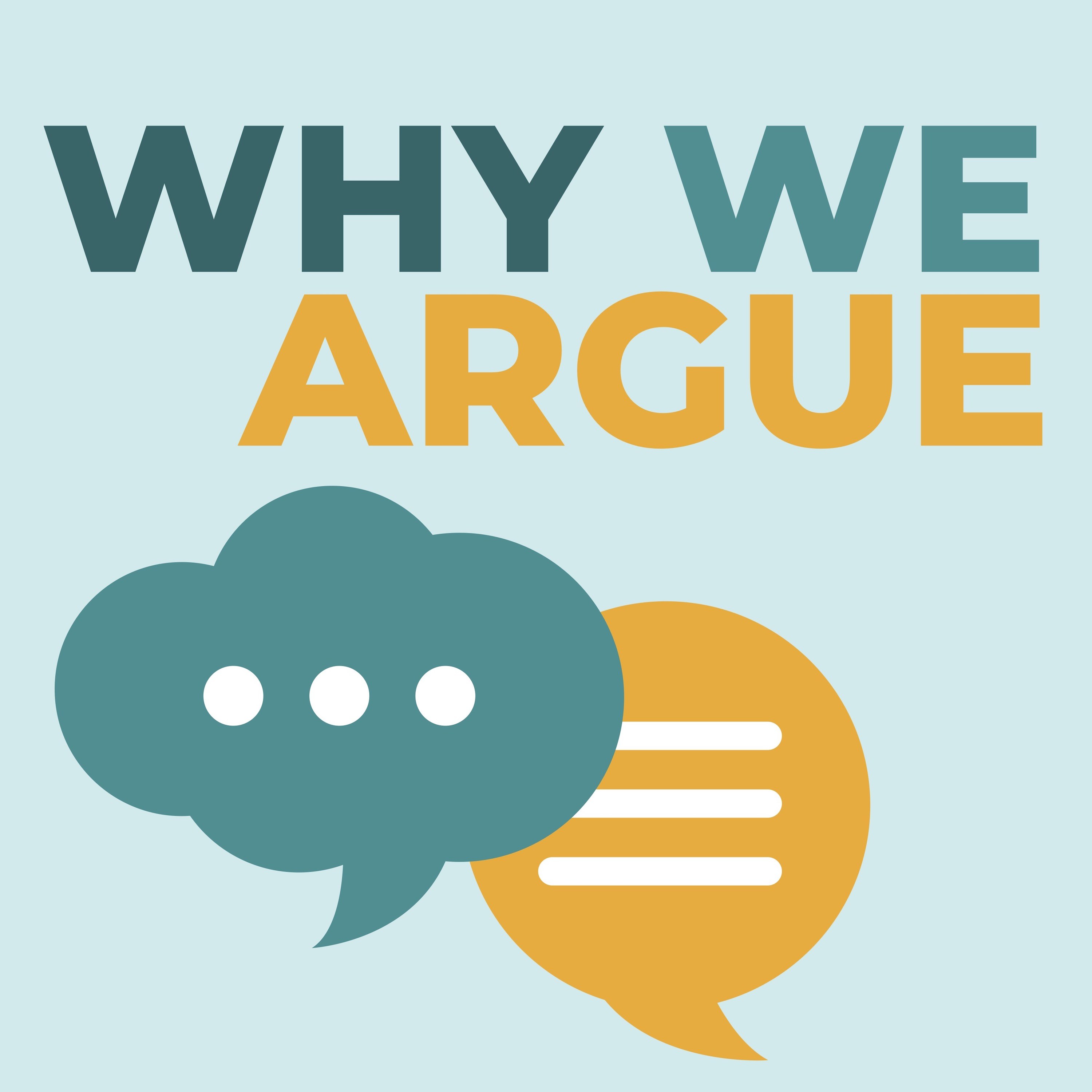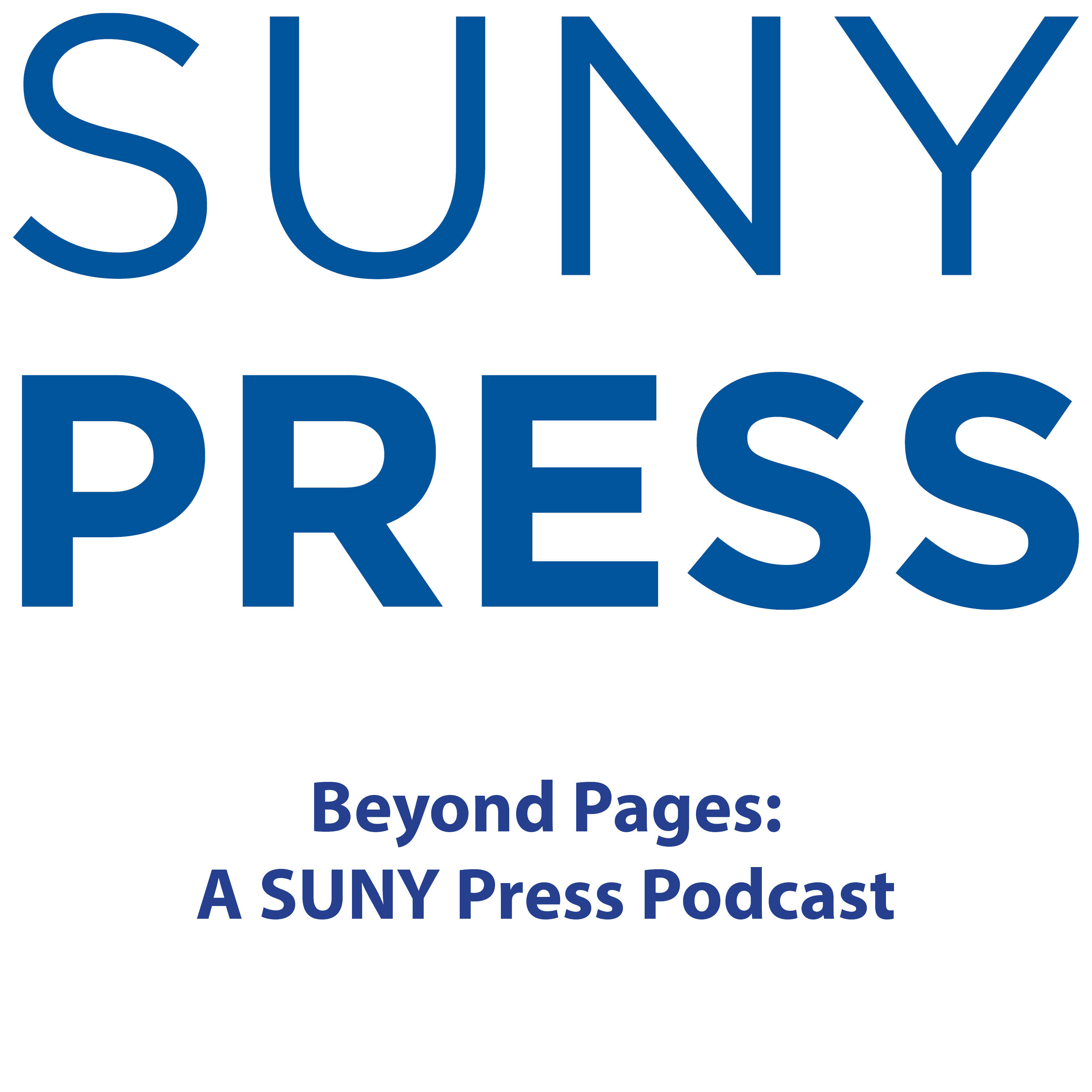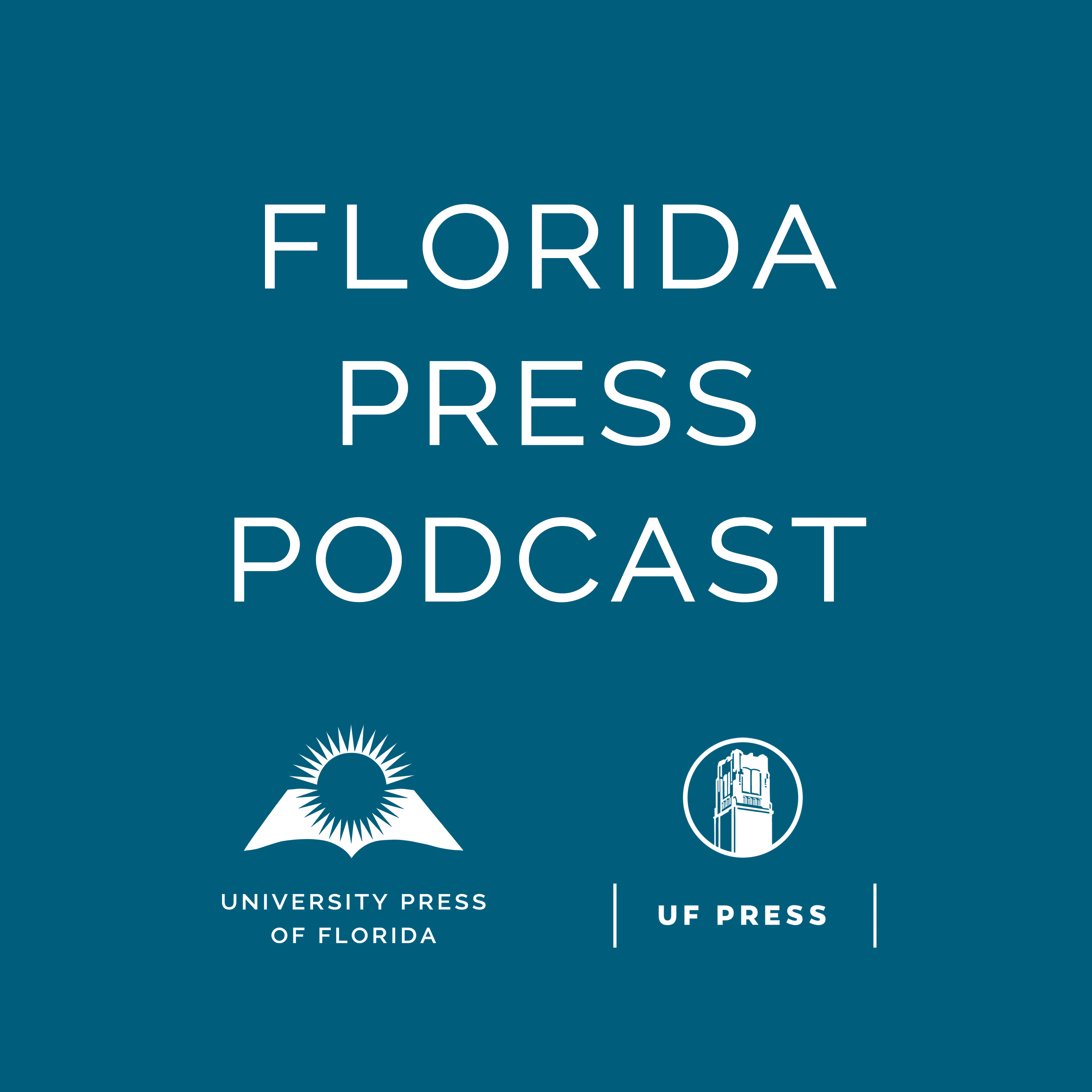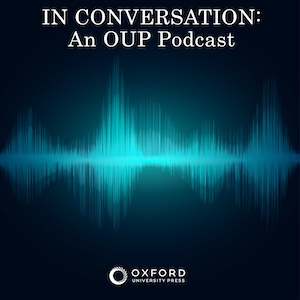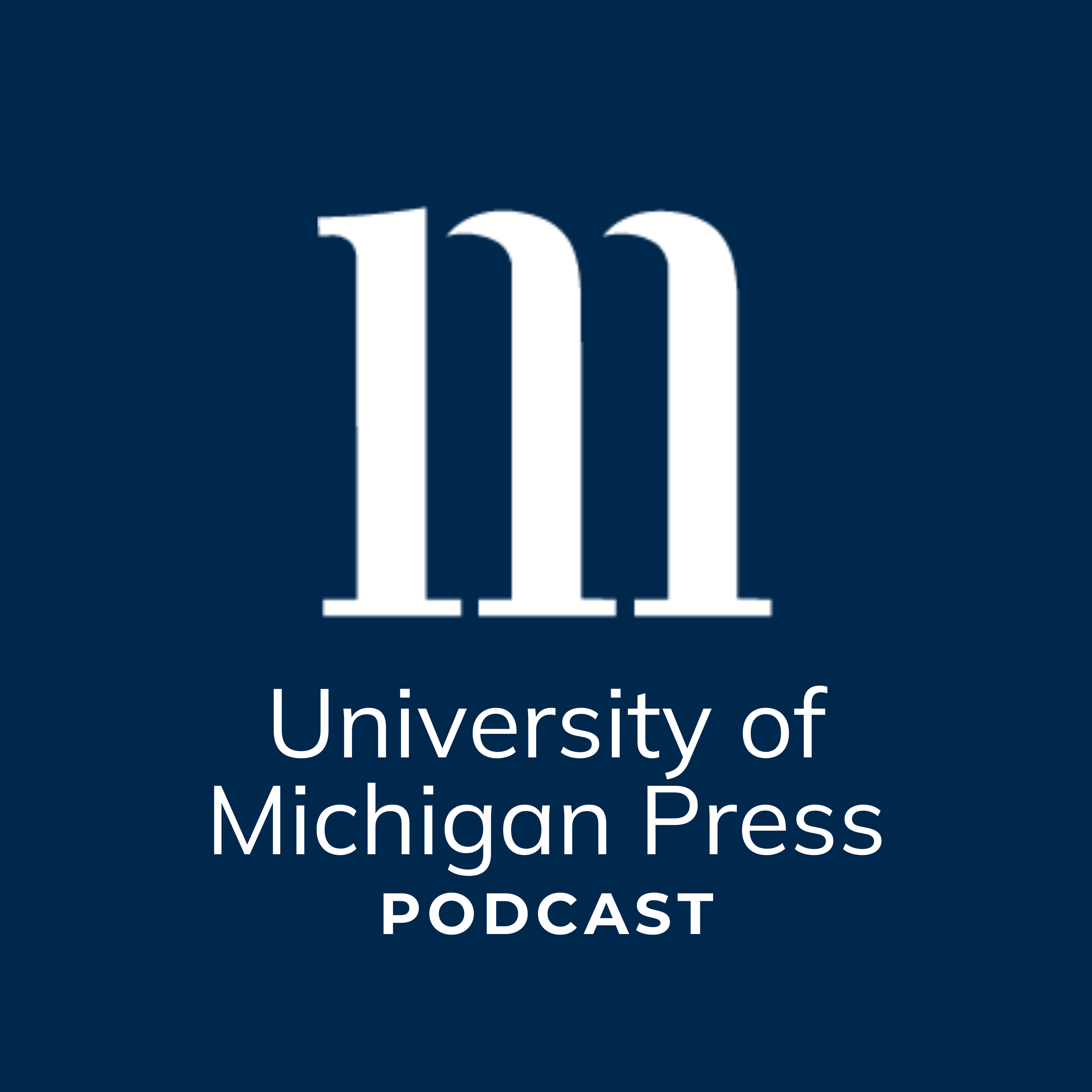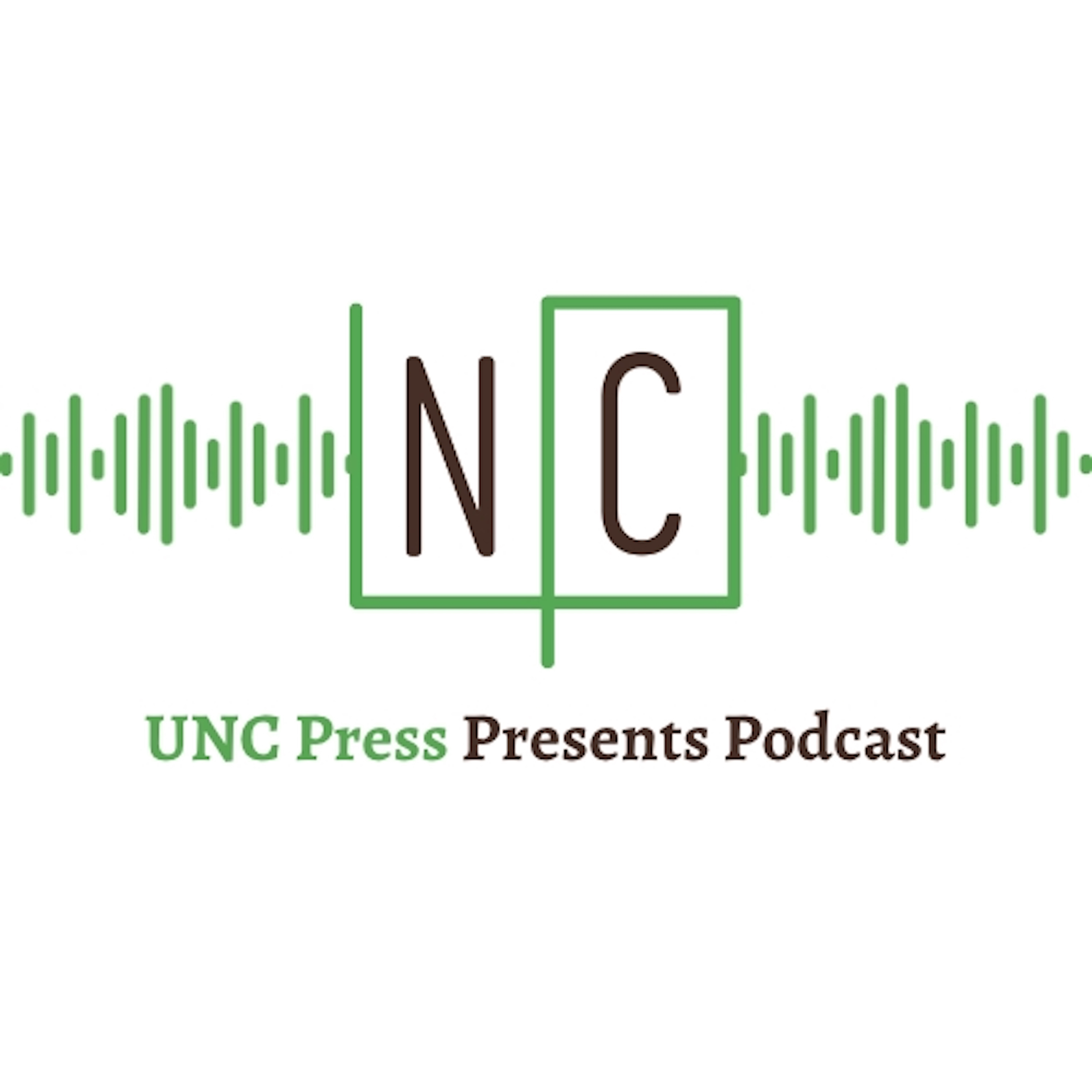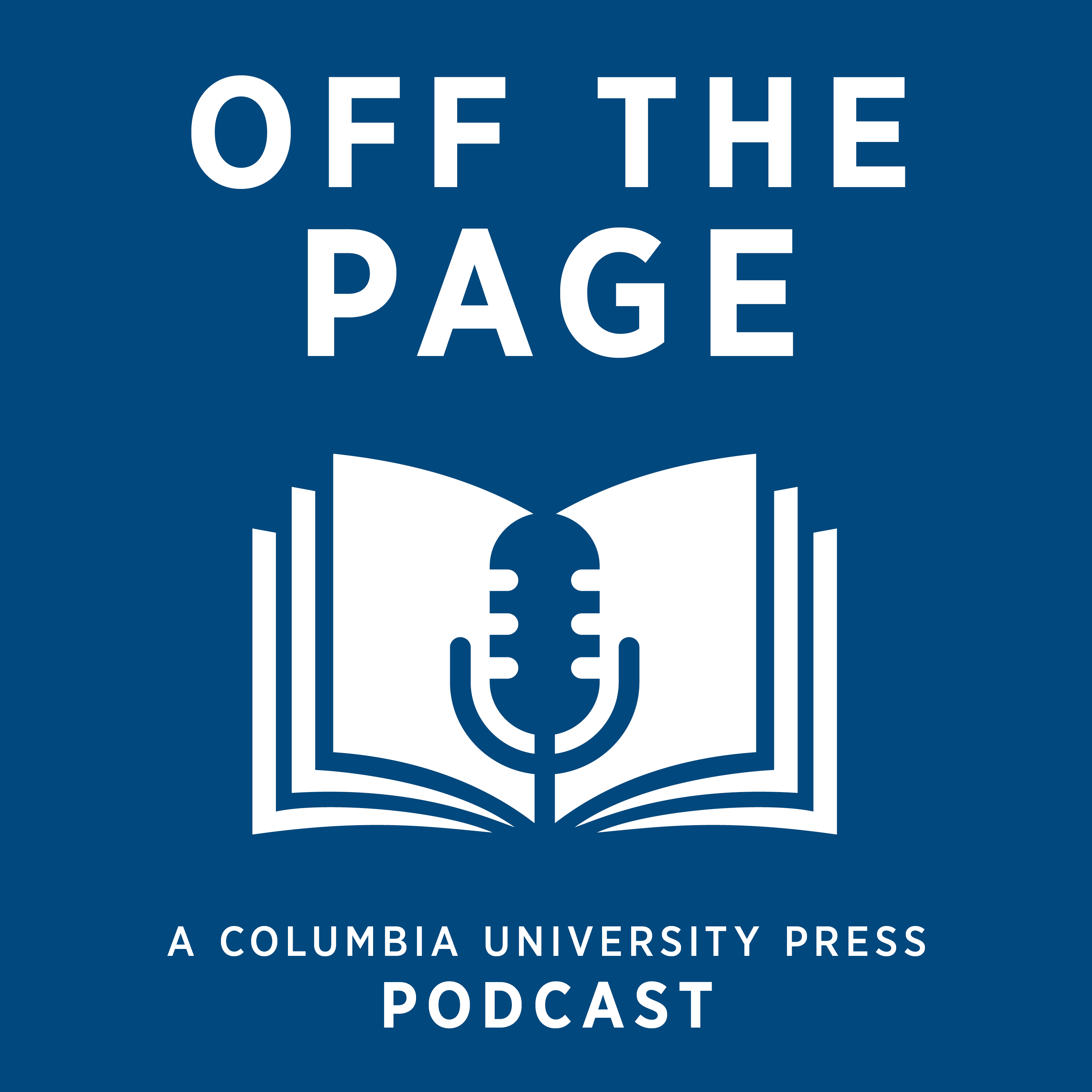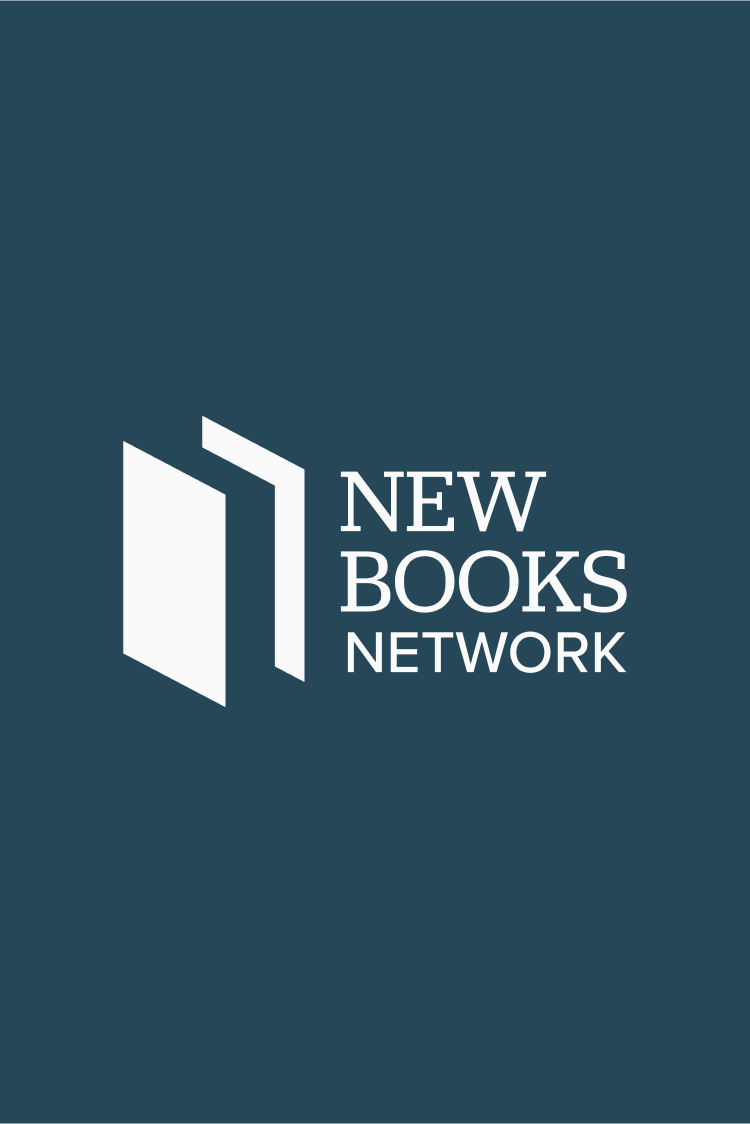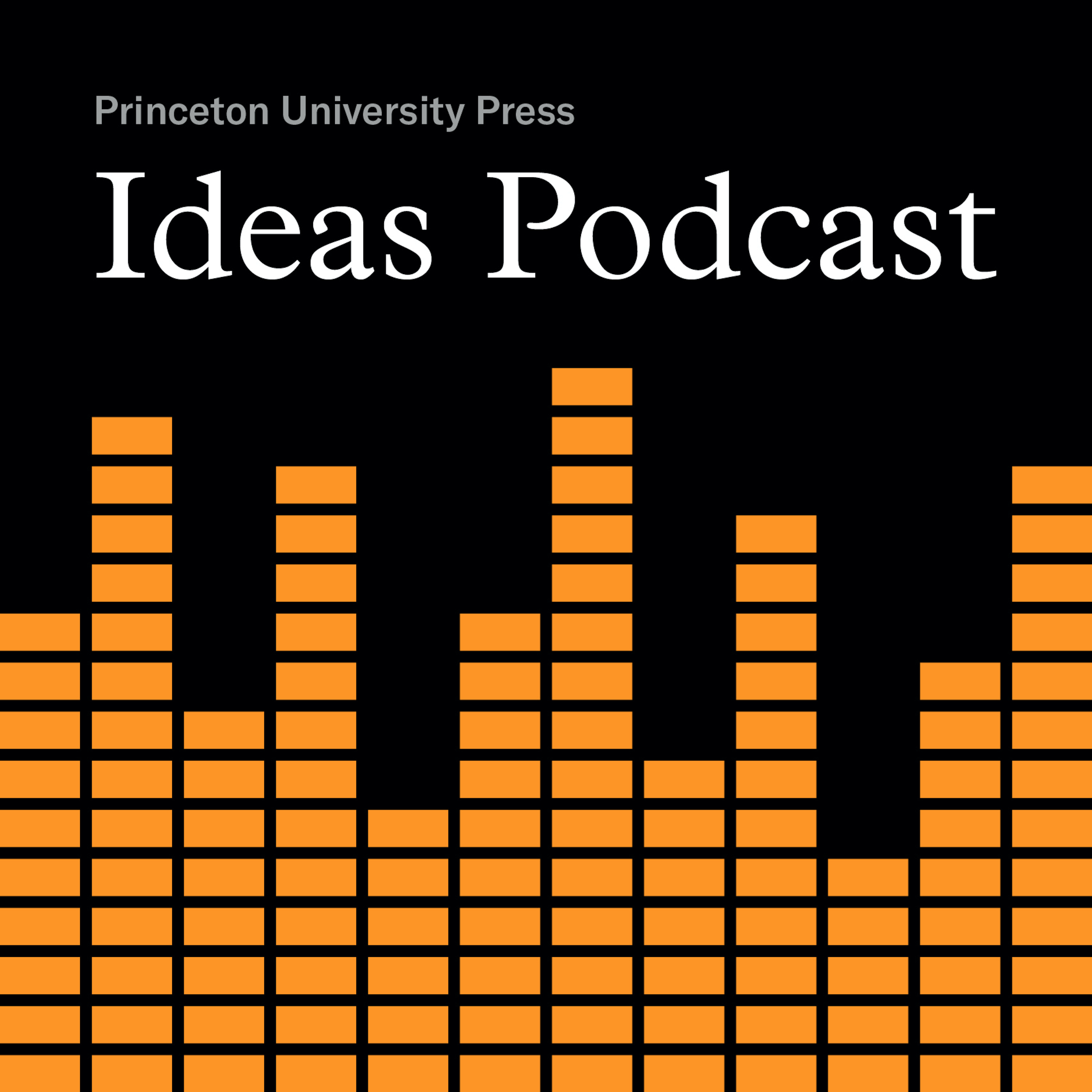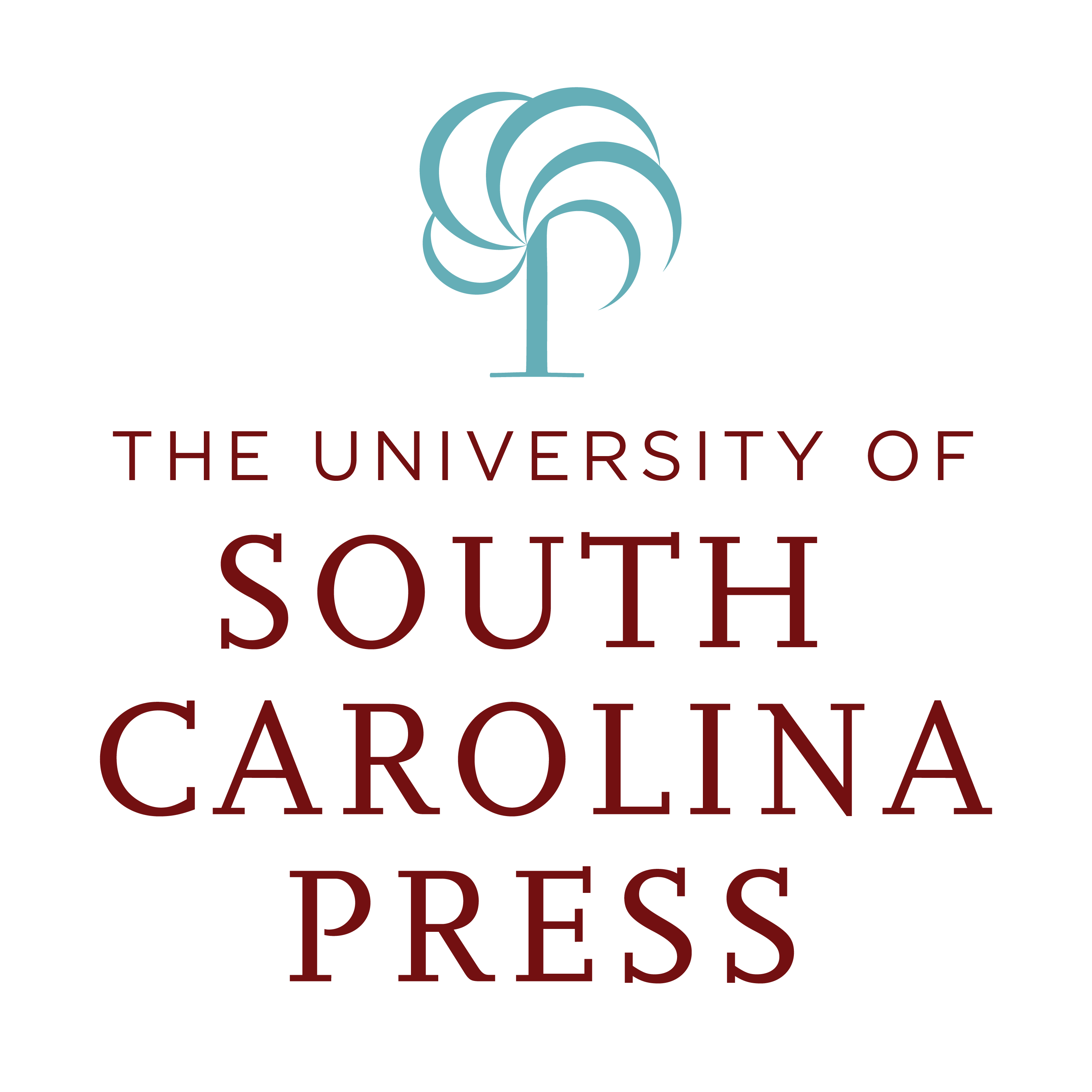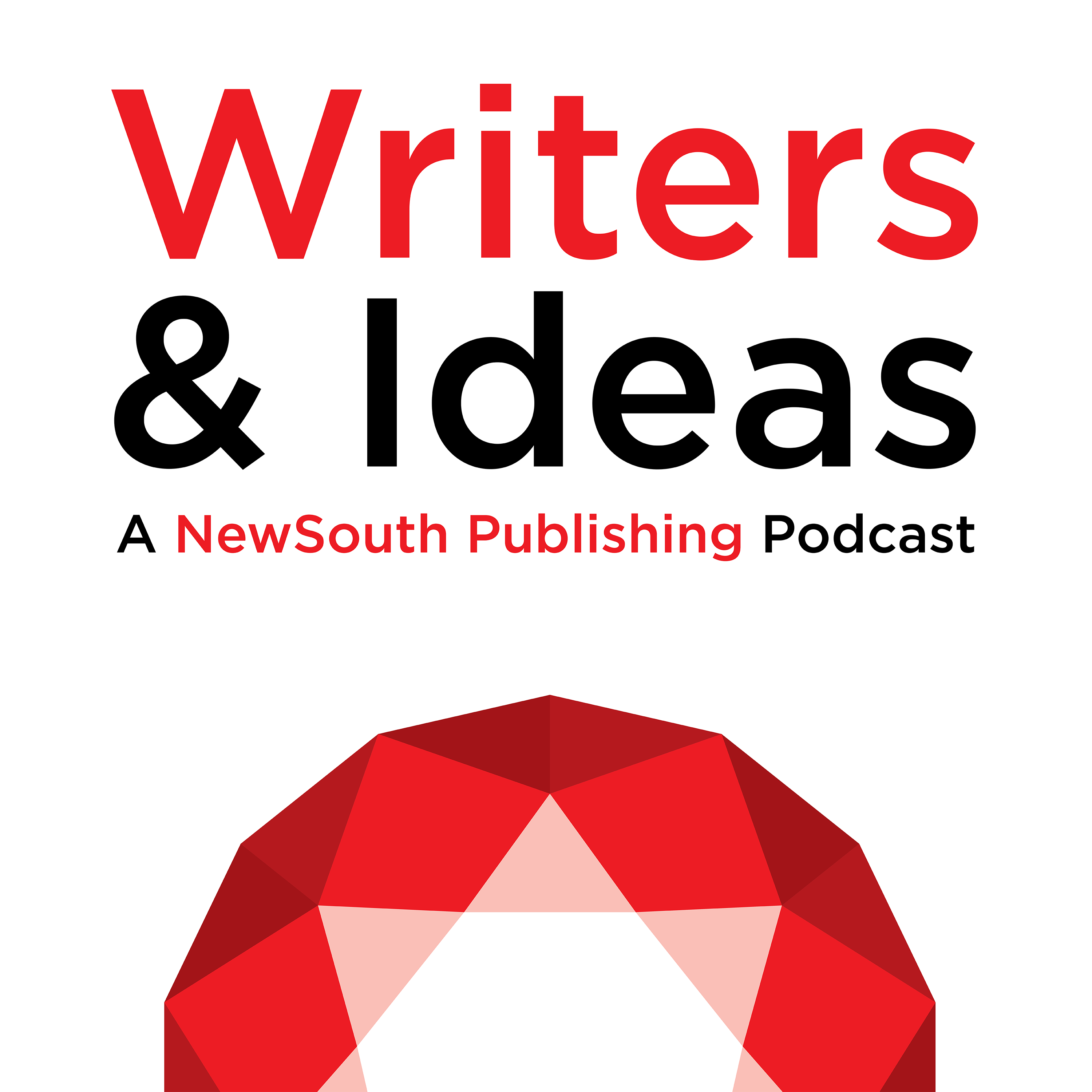Support H-Net | Buy Books Here | Help Support the NBN and NBN en Español on Patreon | Visit New Books Network en Español!
- African Studies
- African American Studies
- American Politics
- American Studies
- American South
- American West
- Asian American Studies
- Australian and New Zealand Studies
- British Studies
- Canadian Studies
- Caribbean Studies
- Central Asian Studies
- Chinese Studies
- East Asian Studies
- Eastern European Studies
- European Politics
- French Studies
- German Studies
- Iberian Studies
- India Studies
- Indian Ocean World
- Iranian Studies
- Irish Studies
- Israel Studies
- Italian Studies
- Japanese Studies
- Korean Studies
- Latino Studies
- Latin American Studies
- Mexican Studies
- Middle Eastern Studies
- Native American Studies
- Pacific Studies
- Polish Studies
- Russian and Eurasian Studies
- Southeast Asian Studies
- South Asian Studies
- Turkish Studies
- Ukrainian Studies
- Western European Studies
- World Affairs
- Animal Studies
- Anthropology
- Archaeology
- Business, Management, and Marketing
- Media
- Critical Theory
- Disability Studies
- Drugs, Addiction and Recovery
- Education
- Economics
- Finance
- Geography
- Gender Studies
- Genocide Studies
- Higher Education
- Human Rights
- Journalism
- Language
- Law
- LGBTQ+ Studies
- National Security
- Philosophy
- Policing, Incarceration, and Reform
- Political Science
- Politics & Polemics
- Public Policy
- Sex, Sexuality, and Sex Work
- Sociology
- Sound Studies
- Sports
- Urban Studies
- Big Ideas
- Celebration Studies
- Co-Authored
- Cover Story
- Historical Materialism
- History Ex Silo
- Invested Investor
- Landscape Architecture
- Mormonism
- NBN Book of the Day
- NBN Seminar
- Postscript
- Practical History
- Preparing for Life After Grad School
- Psychology and Climate Change
- Interpretive Political and Social Science
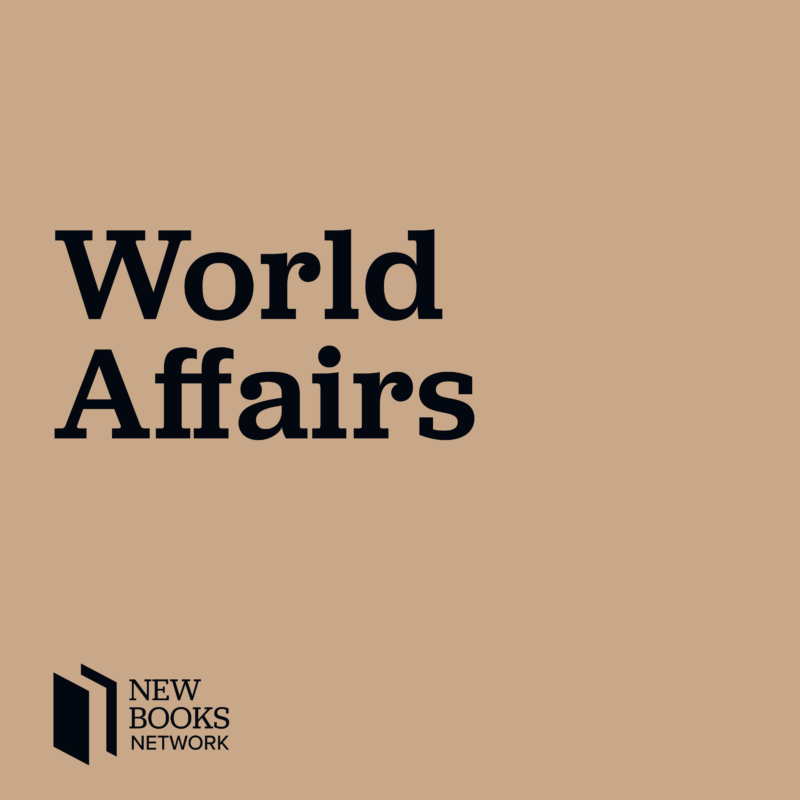
World Affairs
Interviews with scholars of World Affairs about their new books.

May 13, 2024
What does Biden’s temporary suspension of offensive arms transfers mean for US-Israeli relations?
Charles Blaha, a former State Department expert on the vetting of U.S. weapons transfers to other countries, helps us understand this important moment…
May 13, 2024
Governing After War
Governing After War: Rebel Victories and Post-war Statebuilding (Oxford University Press, 2024) by Dr. Shelley X. Liu explores how wartime processes a…
May 9, 2024
Advantage China
China’s rise to global prominence is a pretty good contender for the most important world development in the past 30 years. But now the question is ho…
May 8, 2024
The Making of an Alliance
Laying the foundation for an understanding of US-Israeli relations, this lively and accessible book provides critical background on the origins and de…
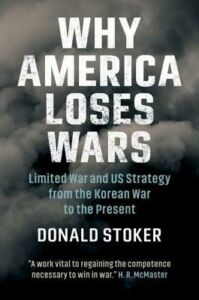
May 5, 2024
Why America Loses Wars
In this provocative challenge to United States policy and strategy, former Professor of Strategy & Policy at the US Naval War College, and author or e…
May 4, 2024
The Sandinista Revolution
The Sandinista Revolution and its victory against the Somoza dictatorship in Nicaragua gripped the United States and the world in the 1980s. But as so…
May 4, 2024
Varieties of Nationalism
Nationalism has long been a normatively and empirically contested concept, associated with democratic revolutions and public goods provision, but also…

May 1, 2024
The Rhetoric of Crisis in Israel-Palestine
This week, RBI Director John Torpey speaks with Amos Goldberg, Professor of Holocaust History at the Department of Jewish History and Contemporary Jew…
May 1, 2024
Brand Antarctica
Antarctica is, and has always been, very much “for sale.” Whales, seals, and ice have all been marketed as valuable commodities, but so have the stori…
April 28, 2024
Disruption
In Disruption: The Global Economic Shocks of the 1970s and the End of the Cold War (Cornell University Press, 2024), Dr. Michael De Groot argues that…
April 20, 2024
War and Conflict in the Middle Ages
In War and Conflict in the Middle Ages (Polity, 2022), Dr. Stephen Morillo offers the first global history of armed conflict between 540 and 1500 or a…
April 14, 2024
The Atlantic Slave Trade in World History
In The Atlantic Slave Trade in World History (Routledge, 2024), Jeremy Black presents a compact yet comprehensive survey of slavery and its impact on …
April 12, 2024
Conflict
In this deep and incisive study, General David Petraeus, who commanded the US-led coalitions in both Iraq, during the Surge, and Afghanistan and forme…
April 11, 2024
Dani Rodrik (Harvard Kennedy School Economics Professor) on Industrial Policy, Globalization and His Career
Dani Rodrik (Harvard Kennedy School Economics Professor) joins the podcast to discuss his career, the best case for industrial policy, the labor marke…
April 11, 2024
The Loom of Time
The Middle East remains one of the world’s most complicated, thorny—and, uncharitably, unstable—parts of the world, as countless headlines make clear.…
April 7, 2024
Theory of Irregular War
From Afghanistan to Angola, Indonesia to Iran, and Colombia to Congo, violent reactions erupt, states collapse, and militaries relentlessly pursue ope…
April 6, 2024
Peasant Politics of the Twenty-First Century
Peasant Politics of the Twenty-First Century: Transnational Social Movements and Agrarian Change (Cornell University Press, 2024) by Dr. Marc Edelman …
April 4, 2024
Reds in Blue
Before Josef Stalin's death in 1953, the USSR had, at best, an ambivalent relationship with noncommunist international organisations. Although it had …
April 2, 2024
Nostalgic Virility as a Cause of War
Why do great powers go to war? Why are non-violent, diplomatic options not prioritised? Nostalgic Virility as a Cause of War: How Leaders of Great Pow…
March 31, 2024
Between Immunity and Impunity
How do top-level public officials take advantage of immunity from foreign jurisdiction afforded to them by international law? How does the immunity en…


